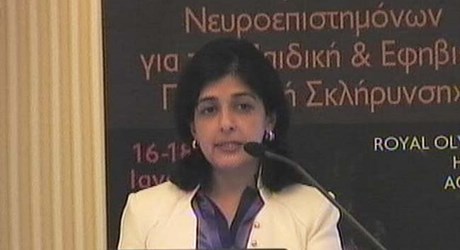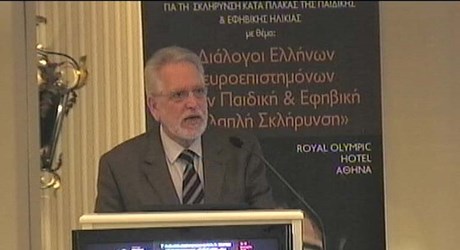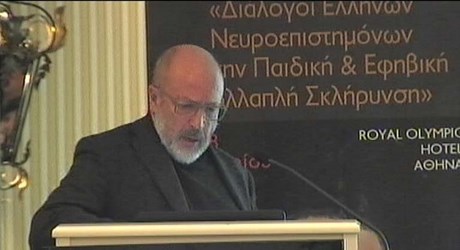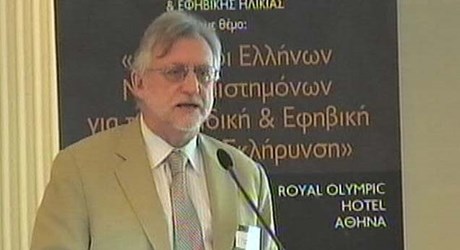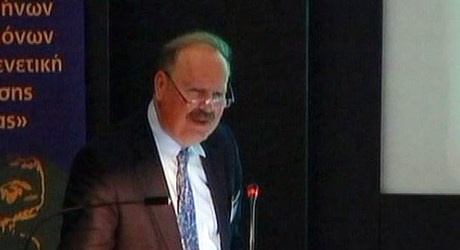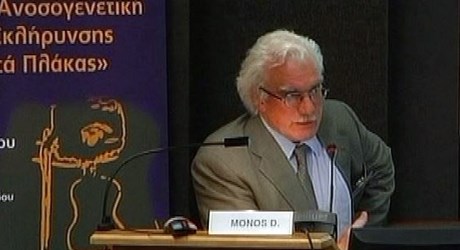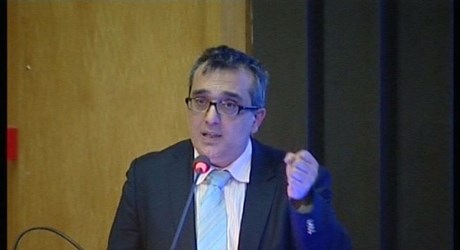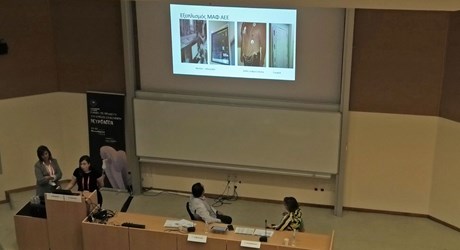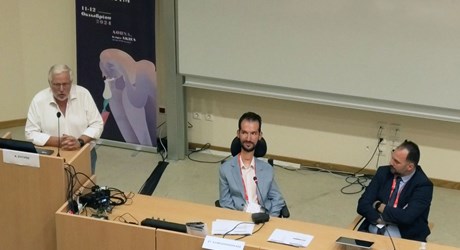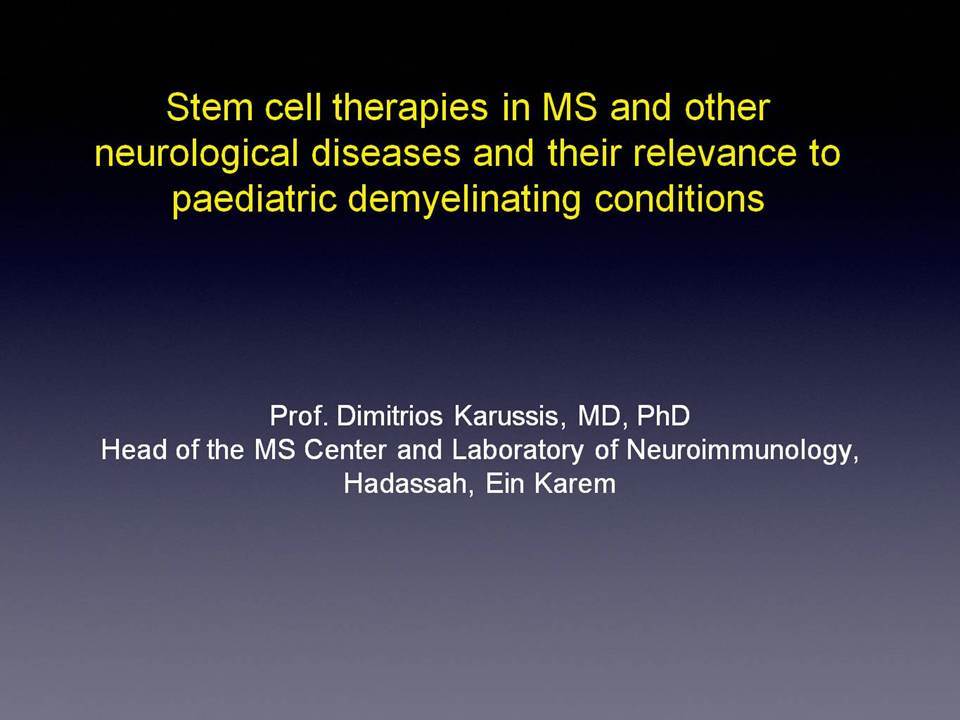
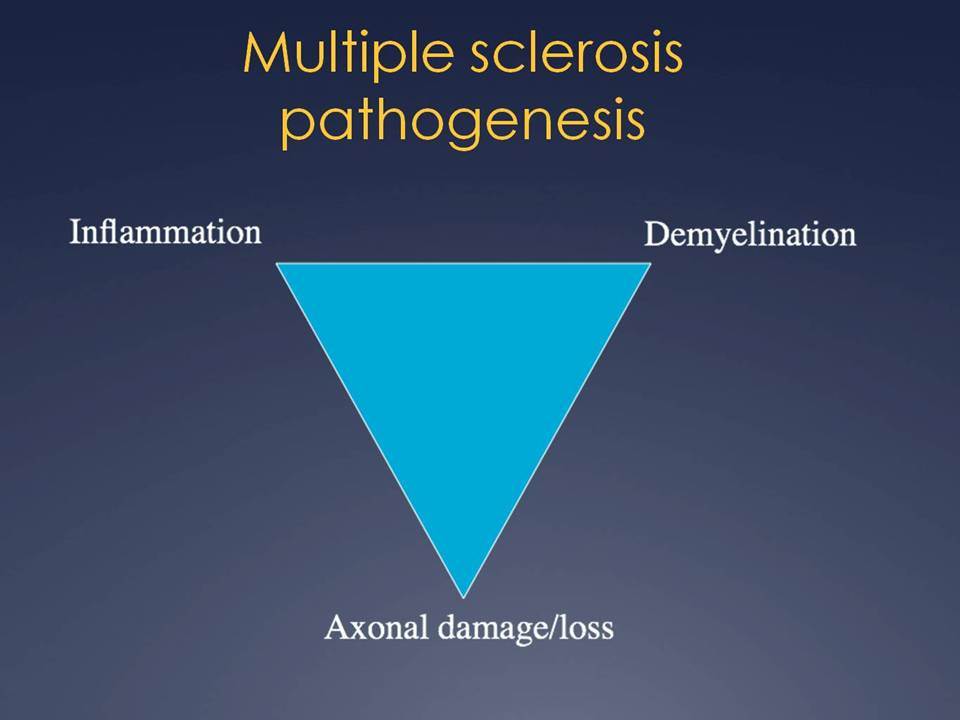
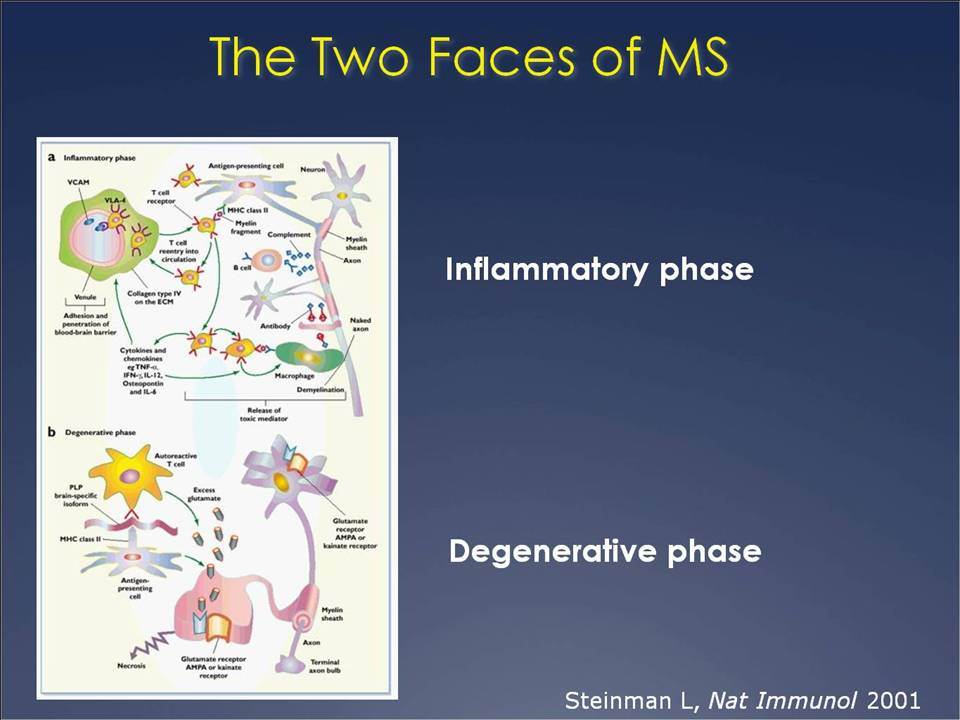
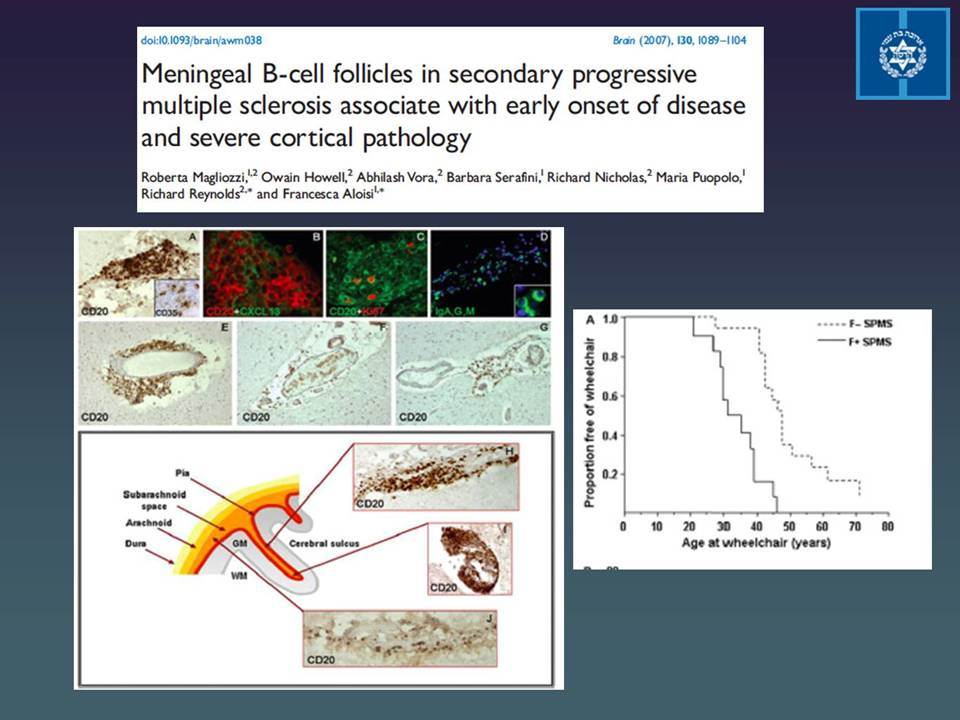
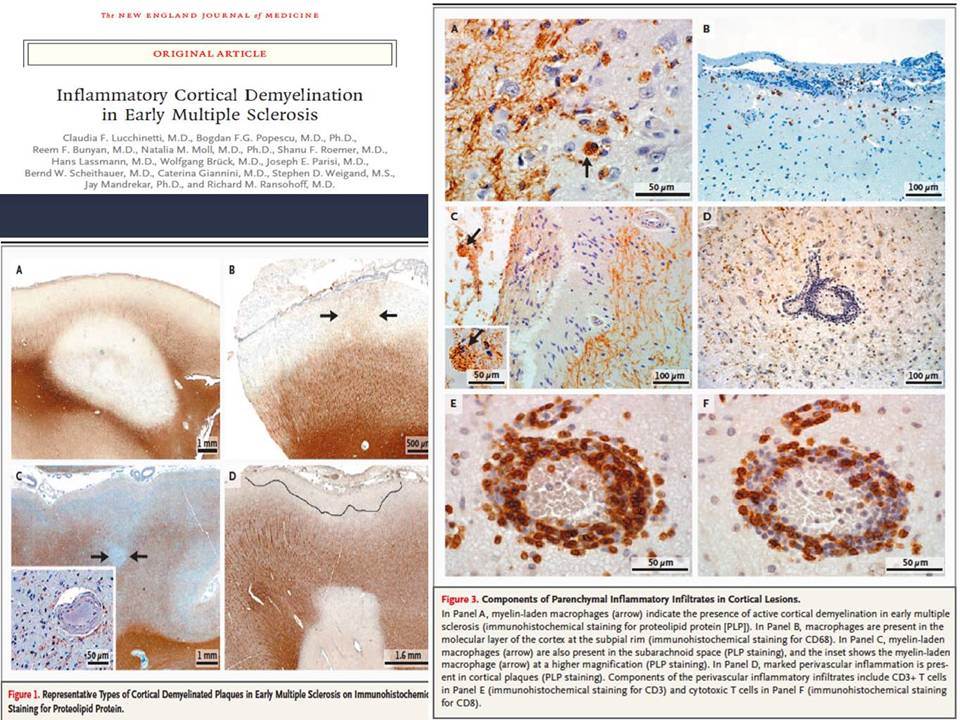
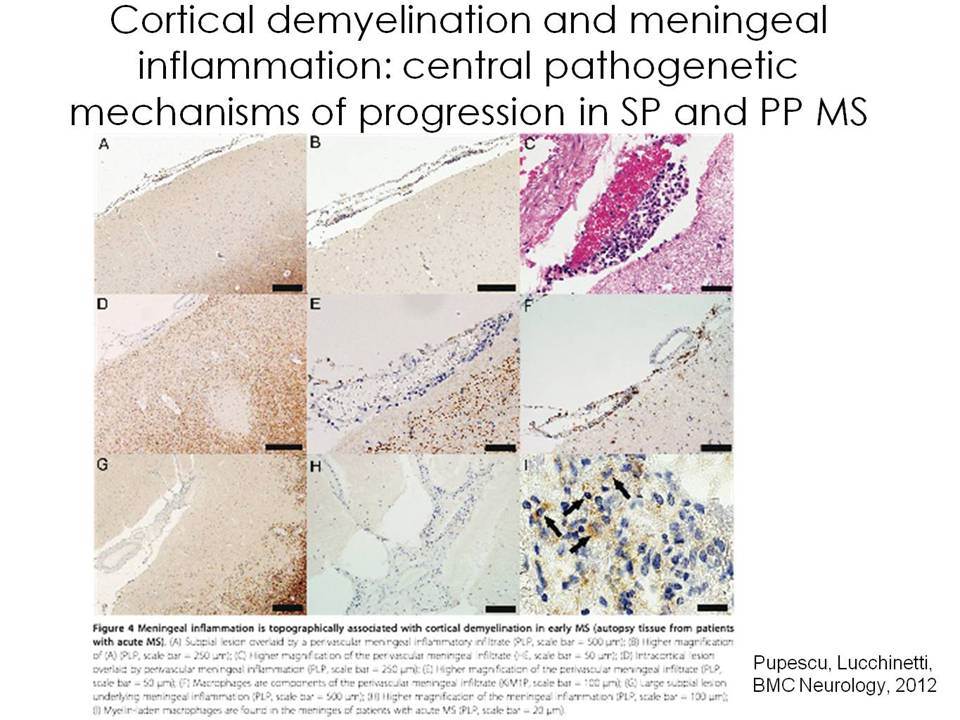
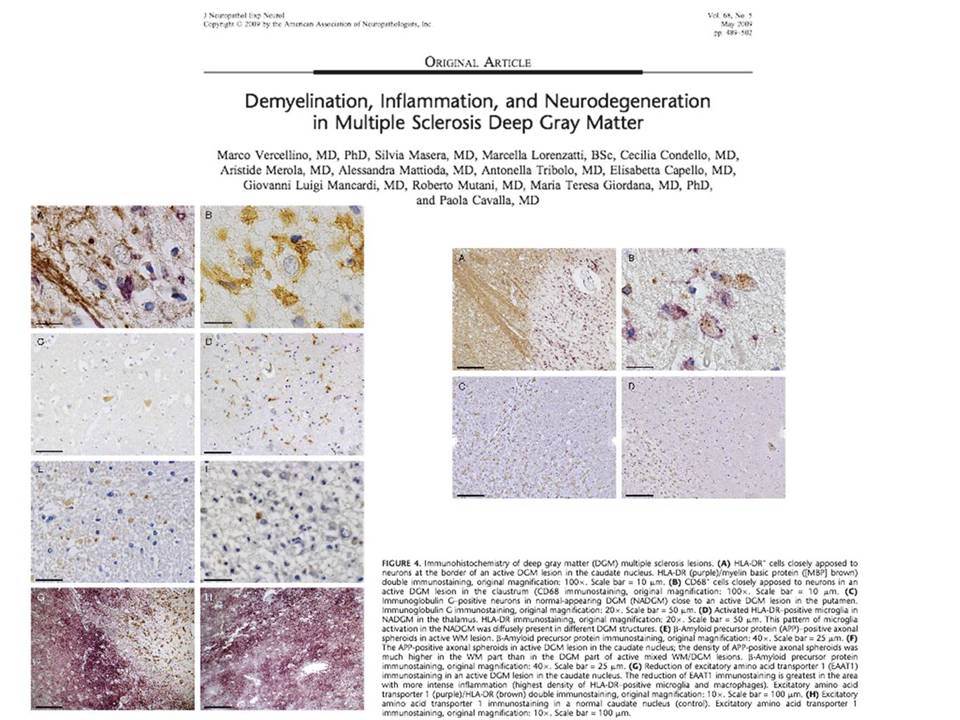
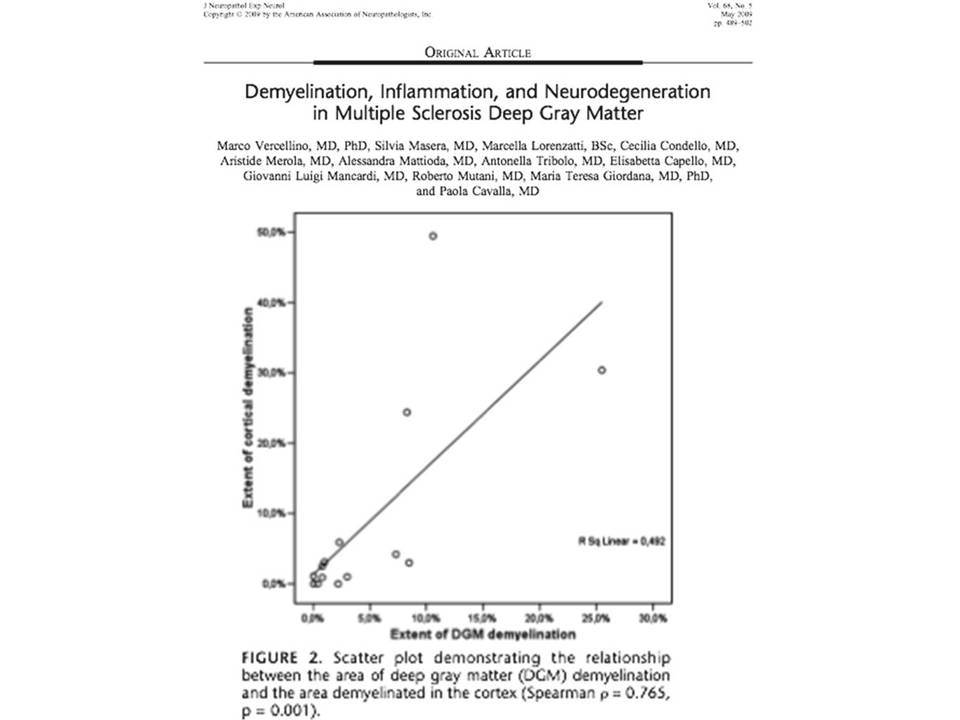
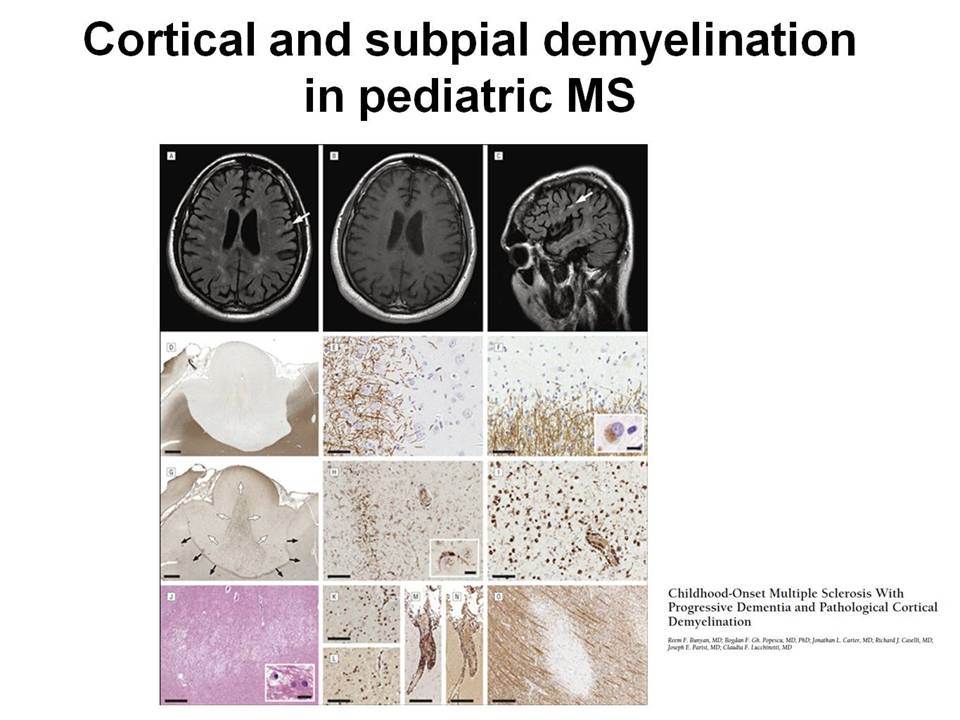
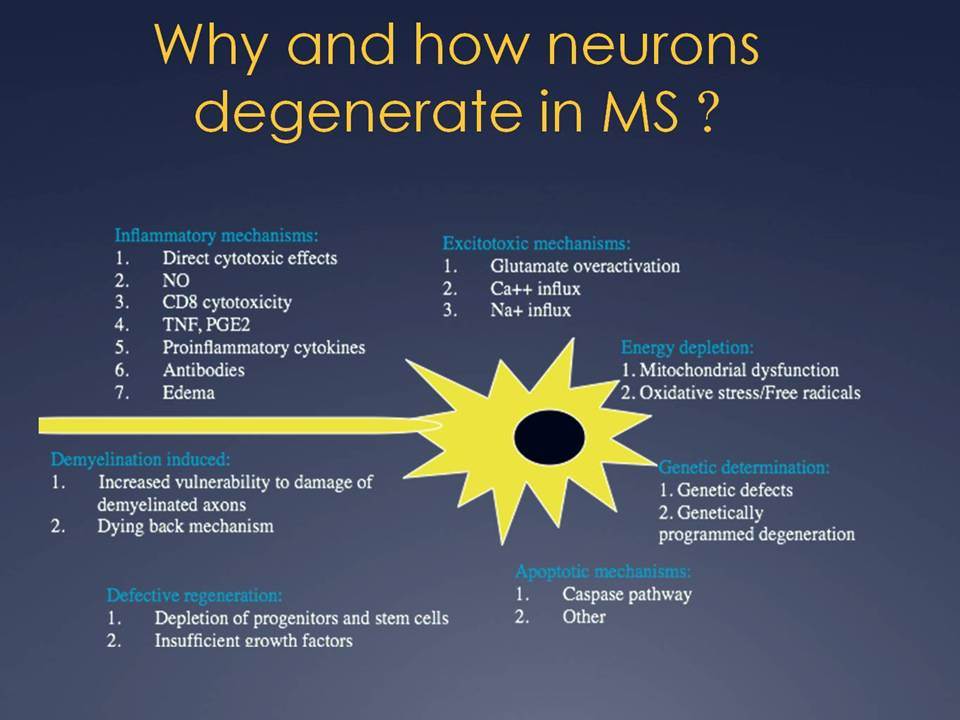
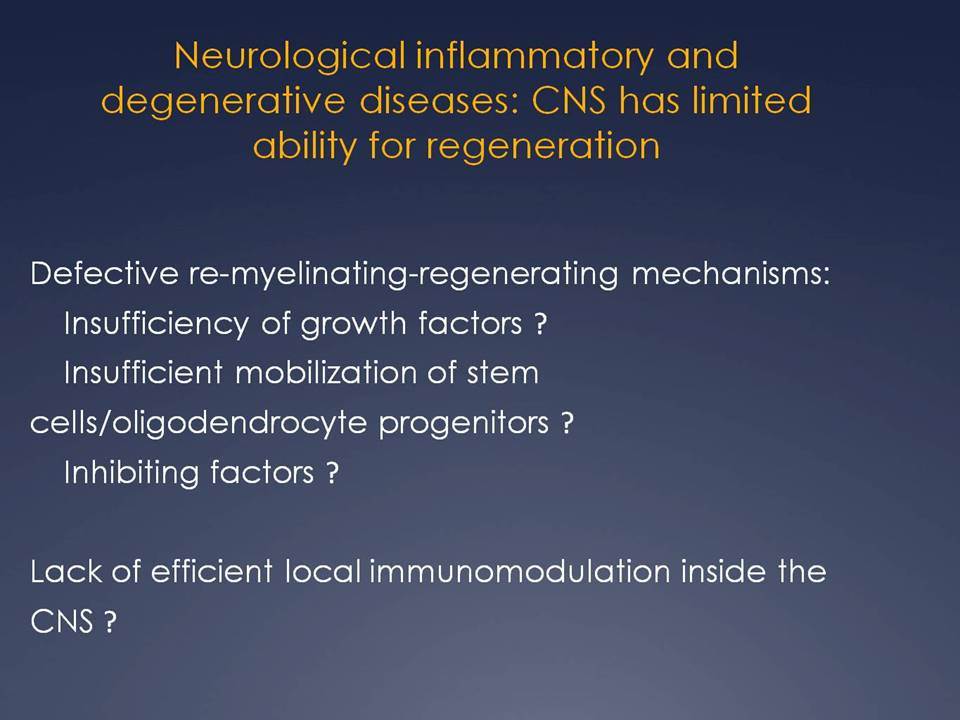
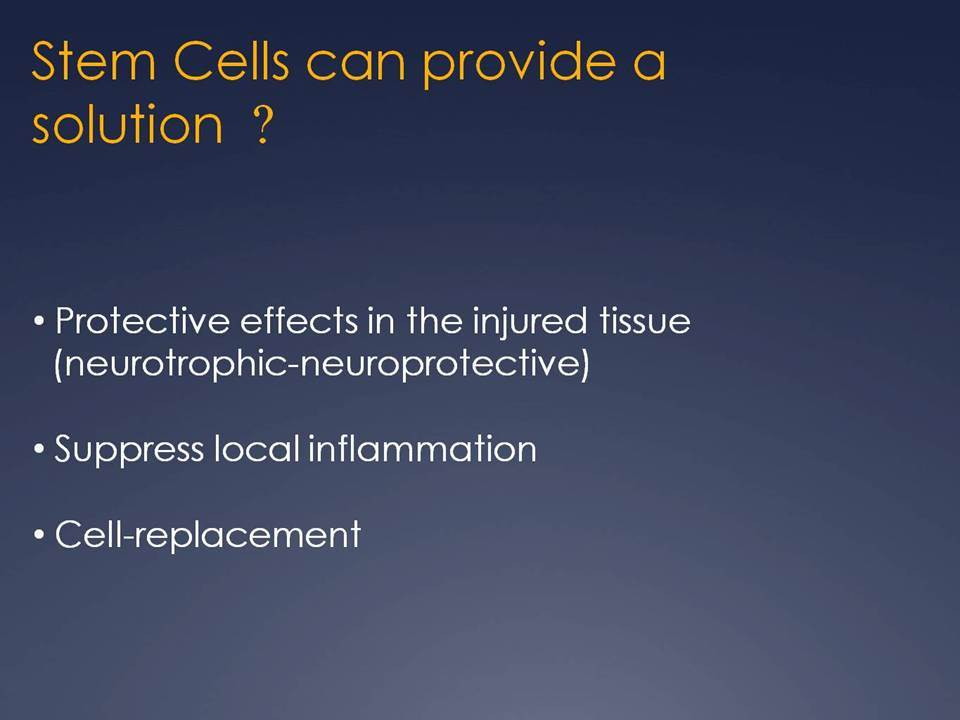
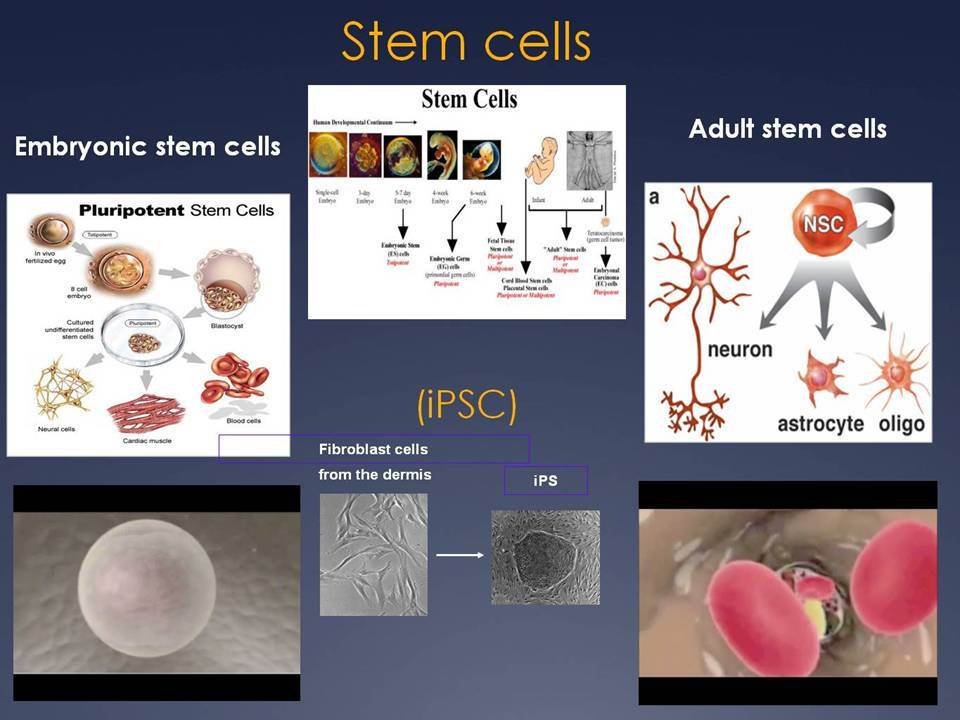
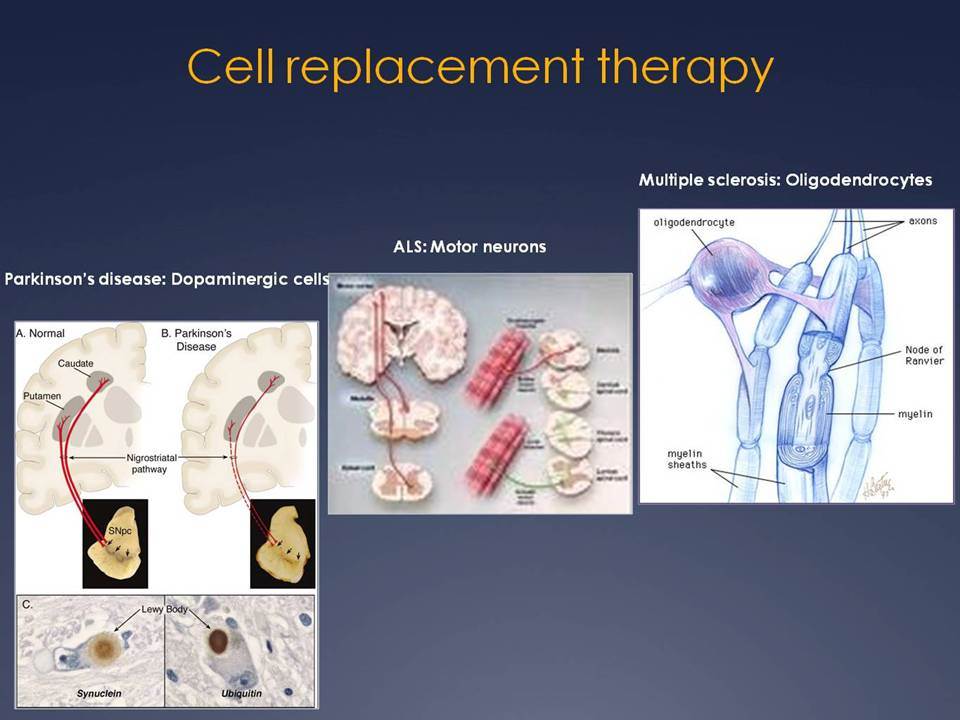
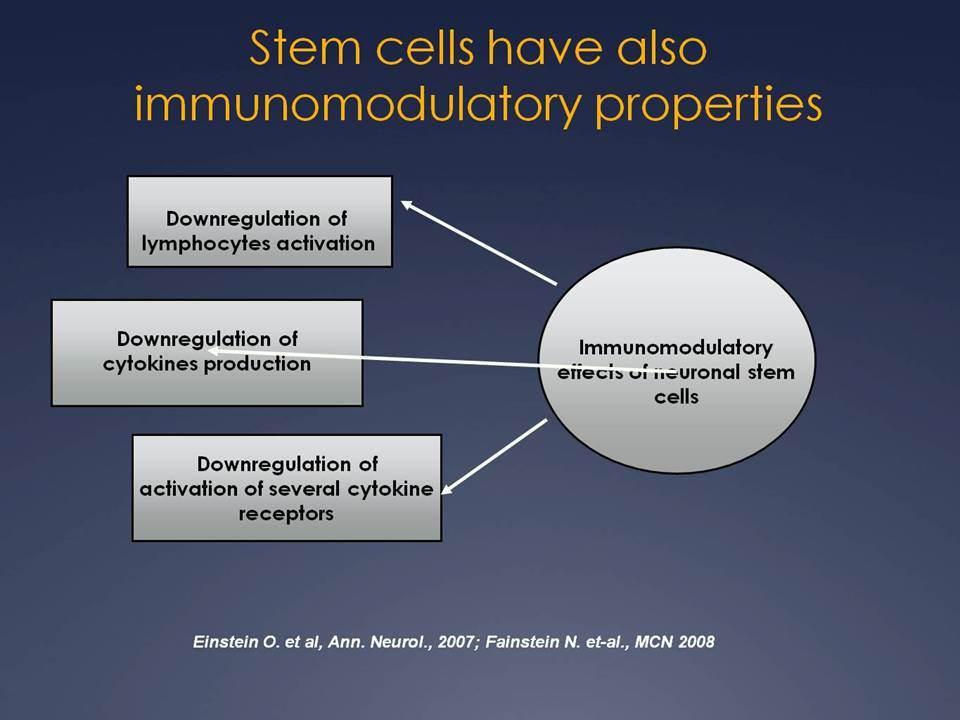
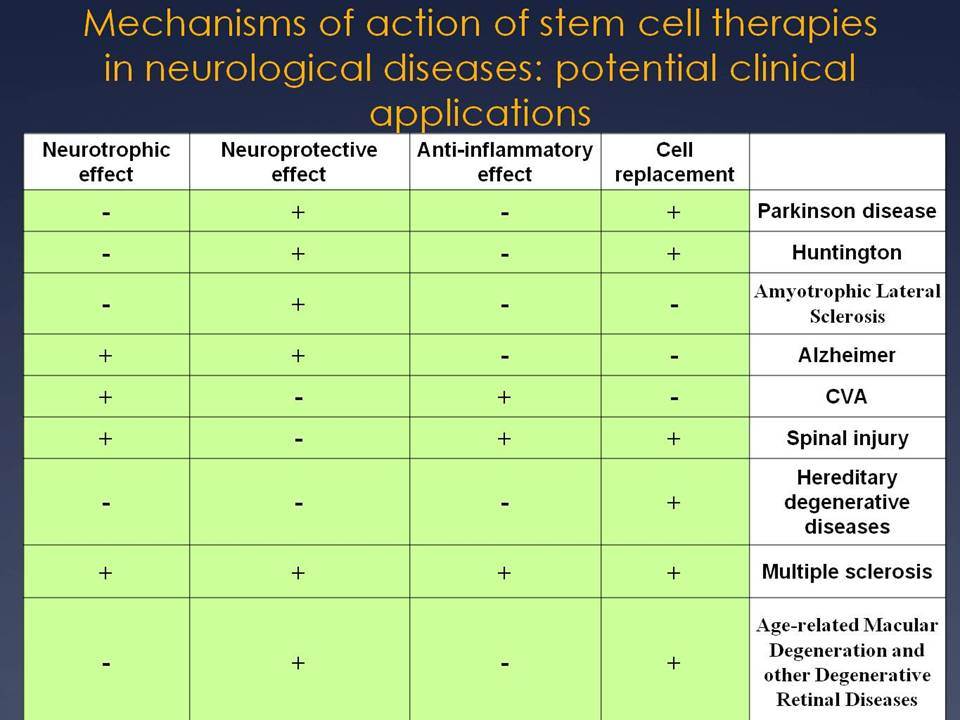

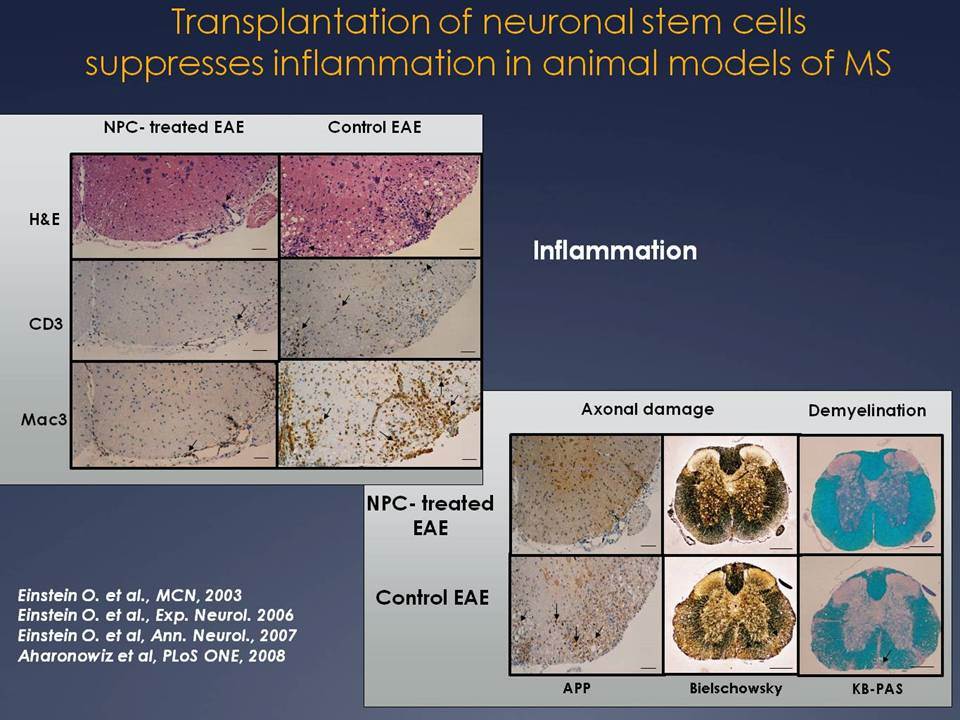

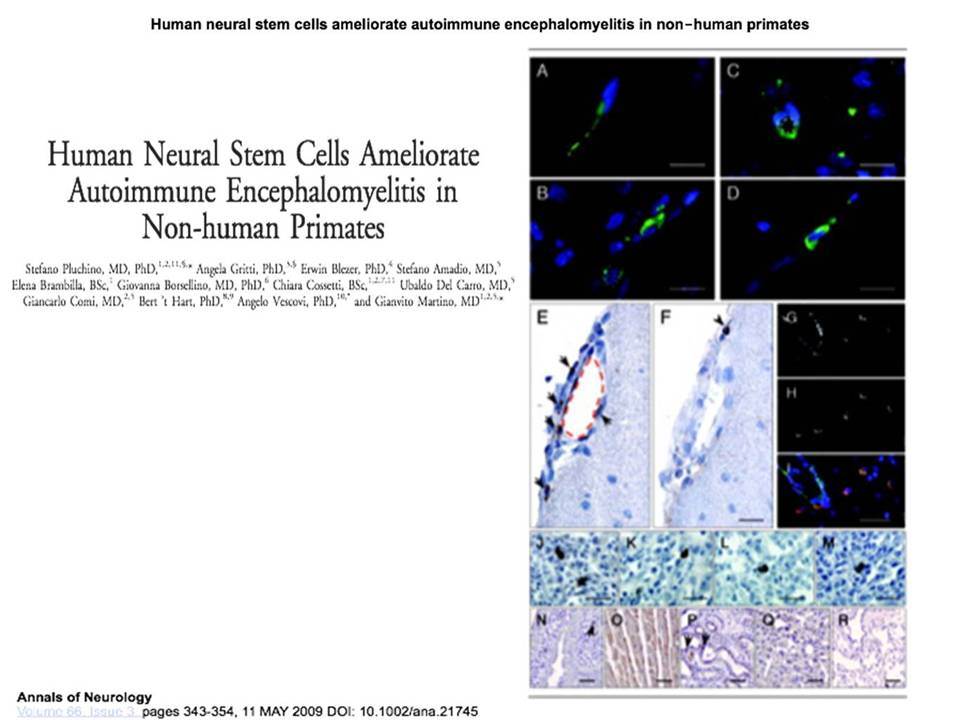
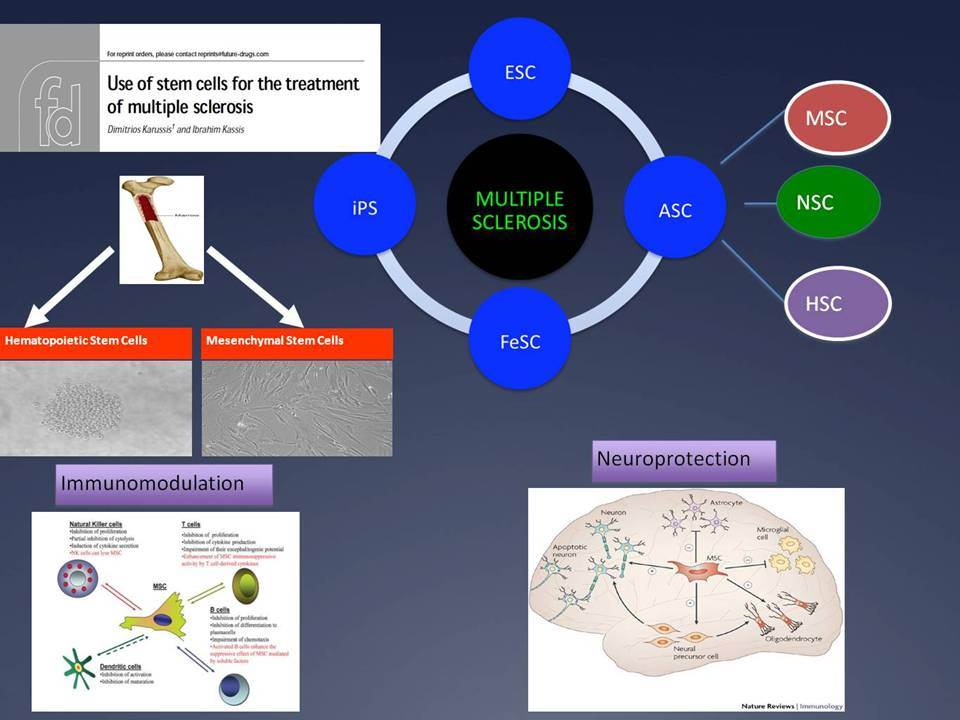
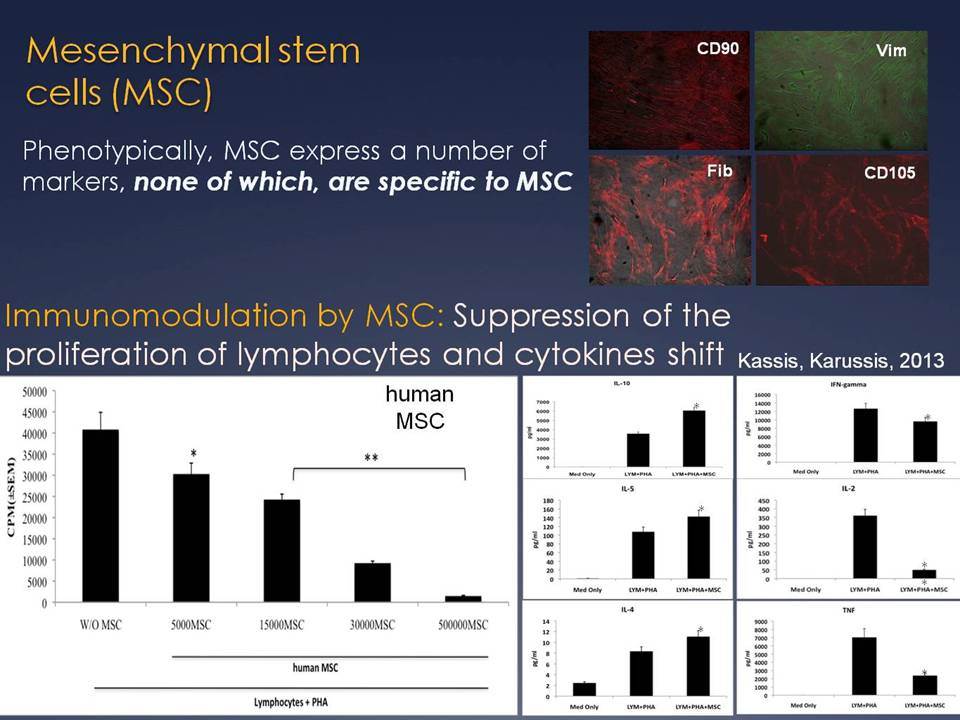
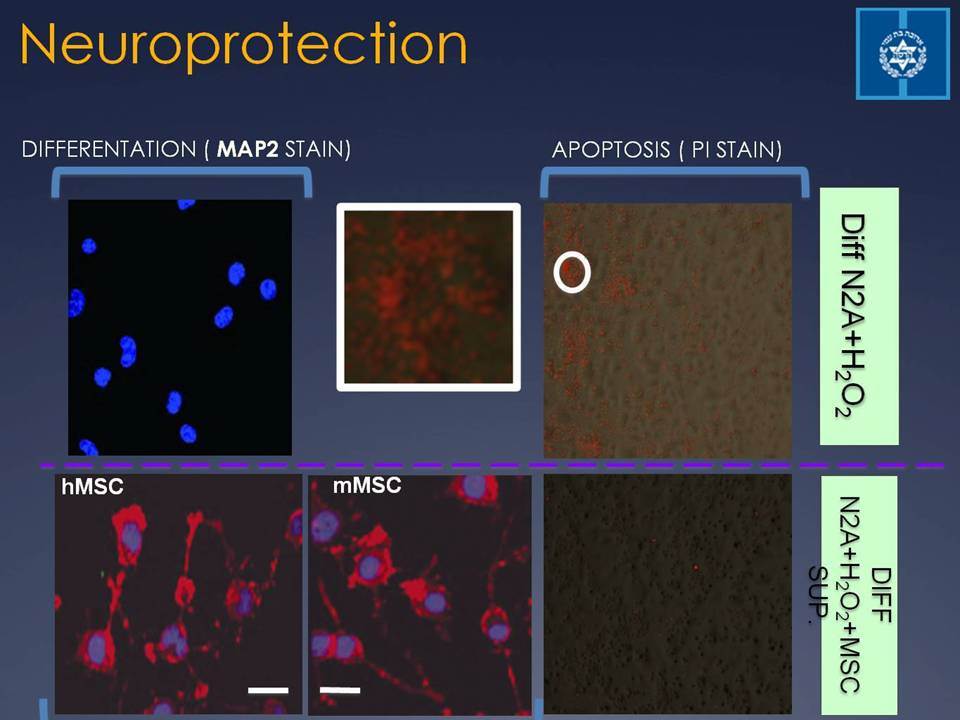
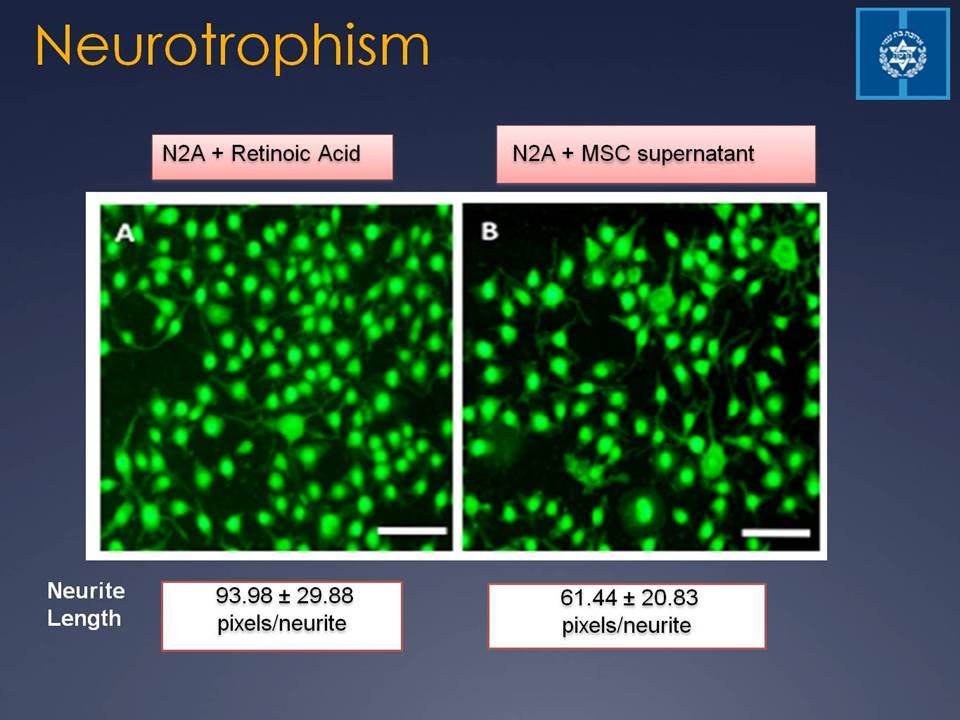
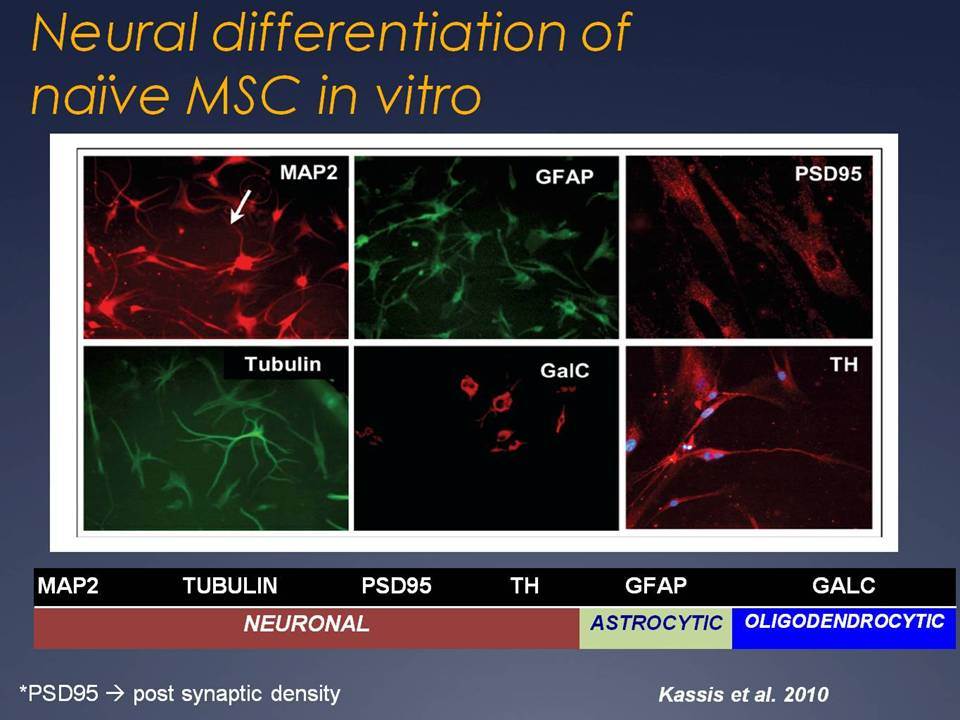
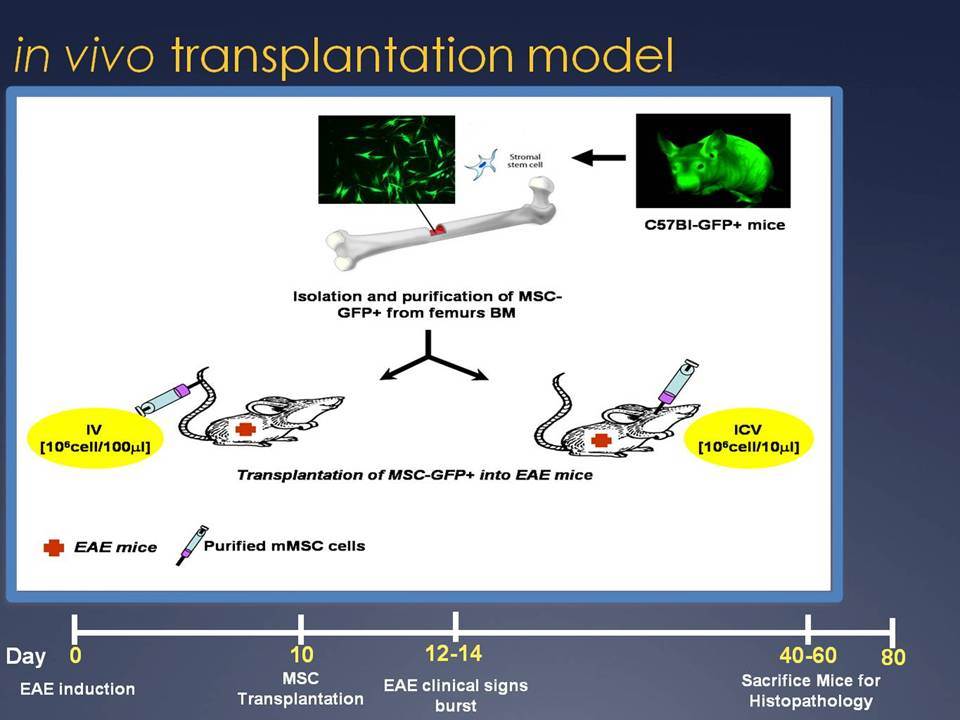
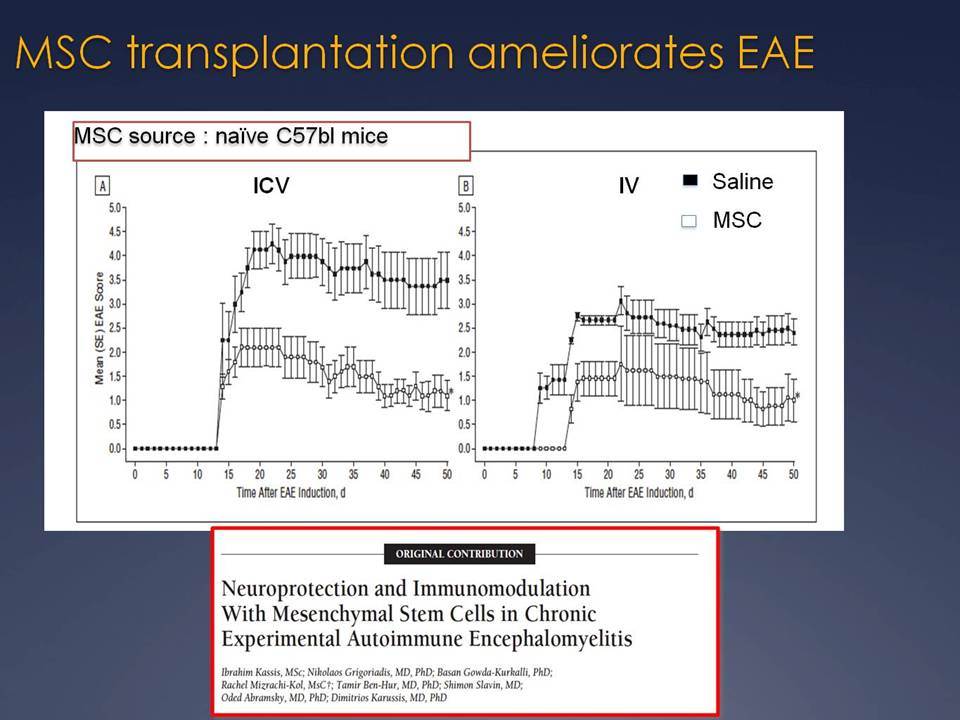
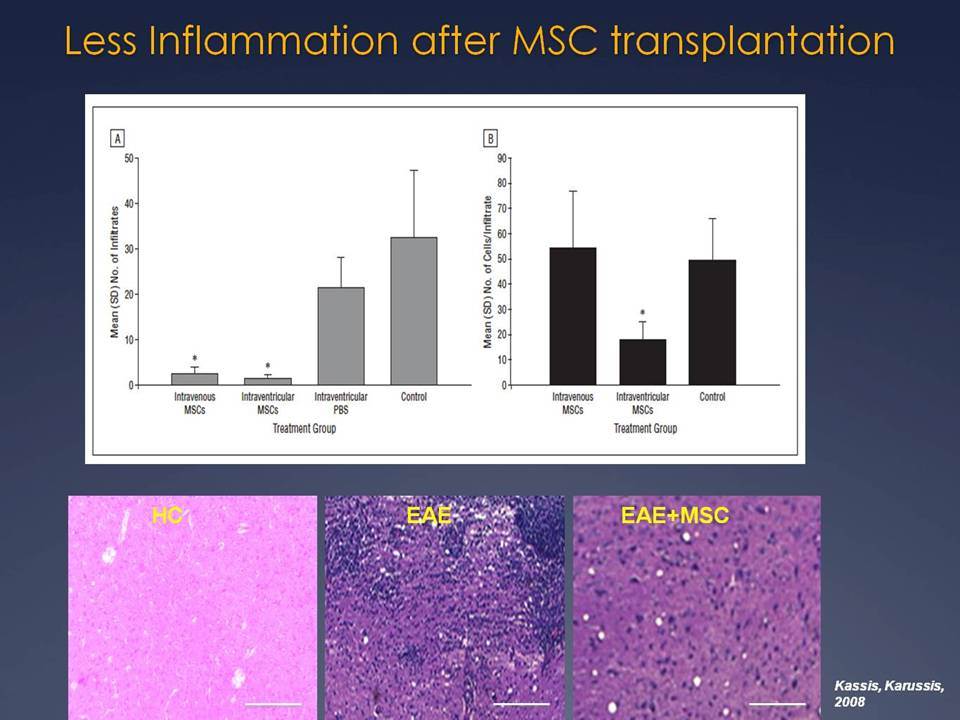
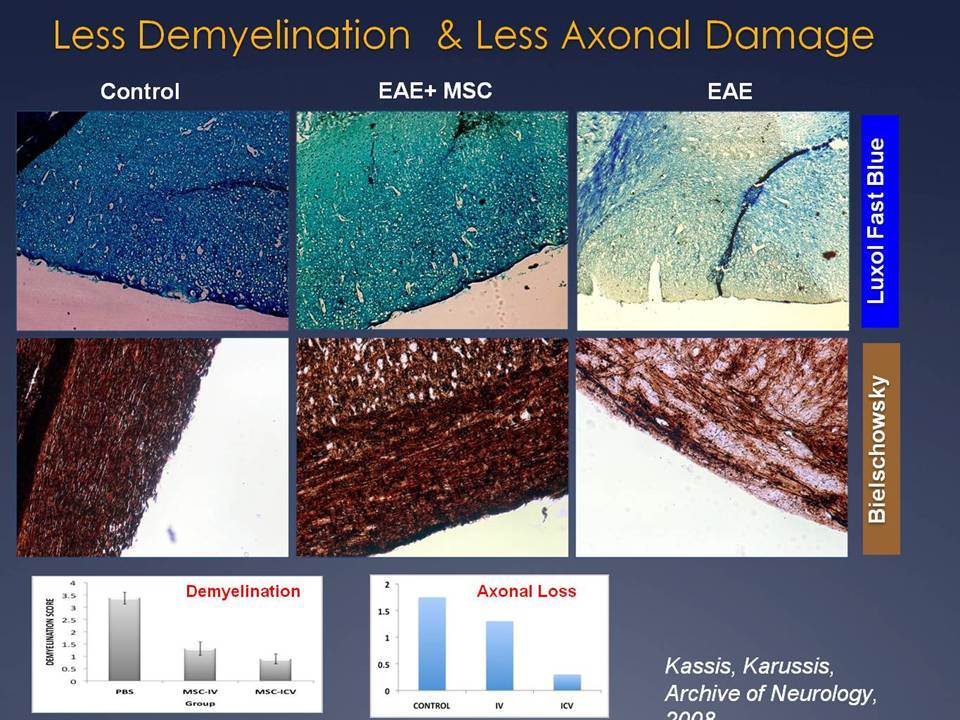
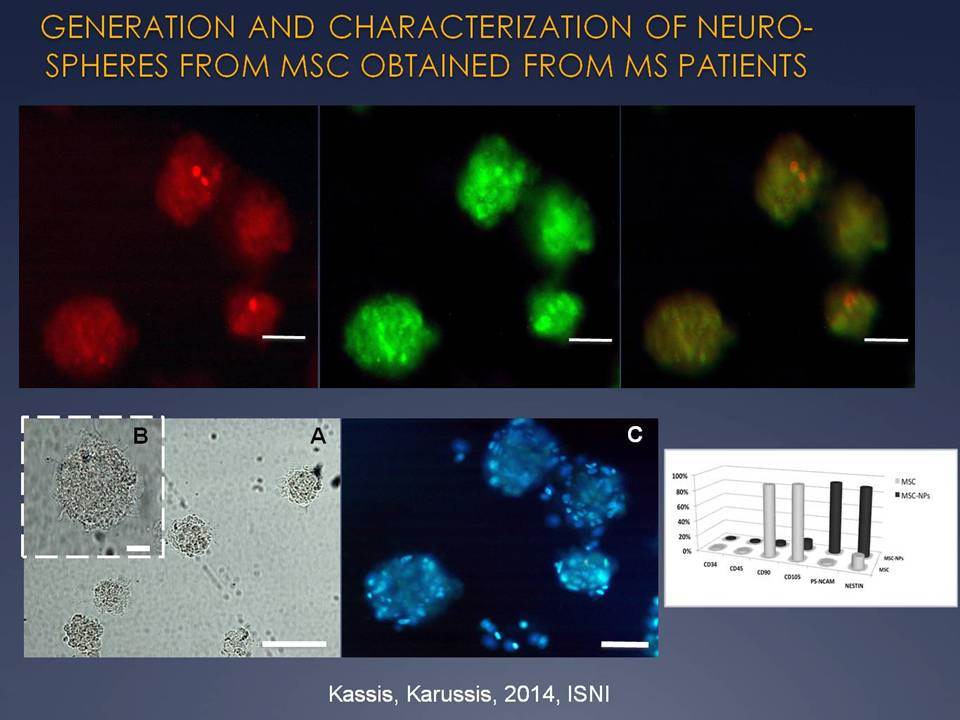
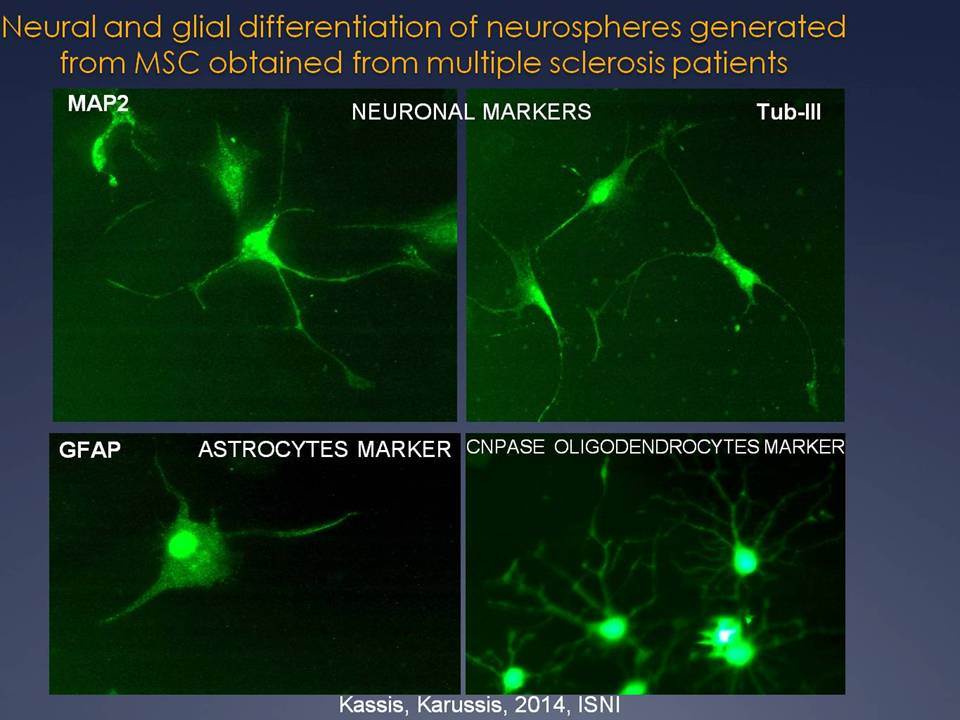
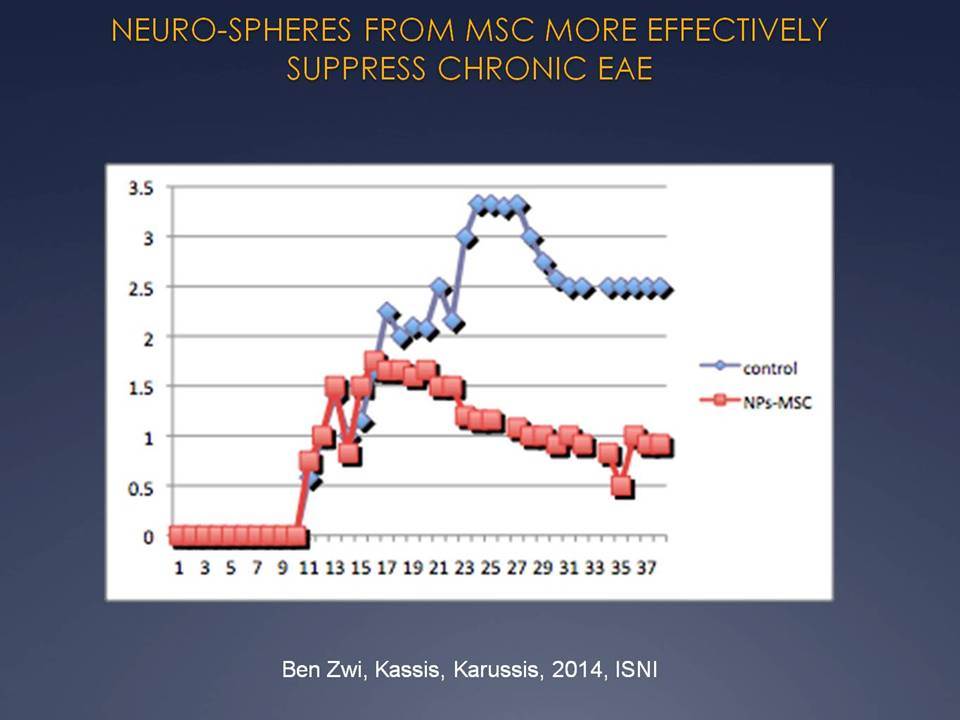
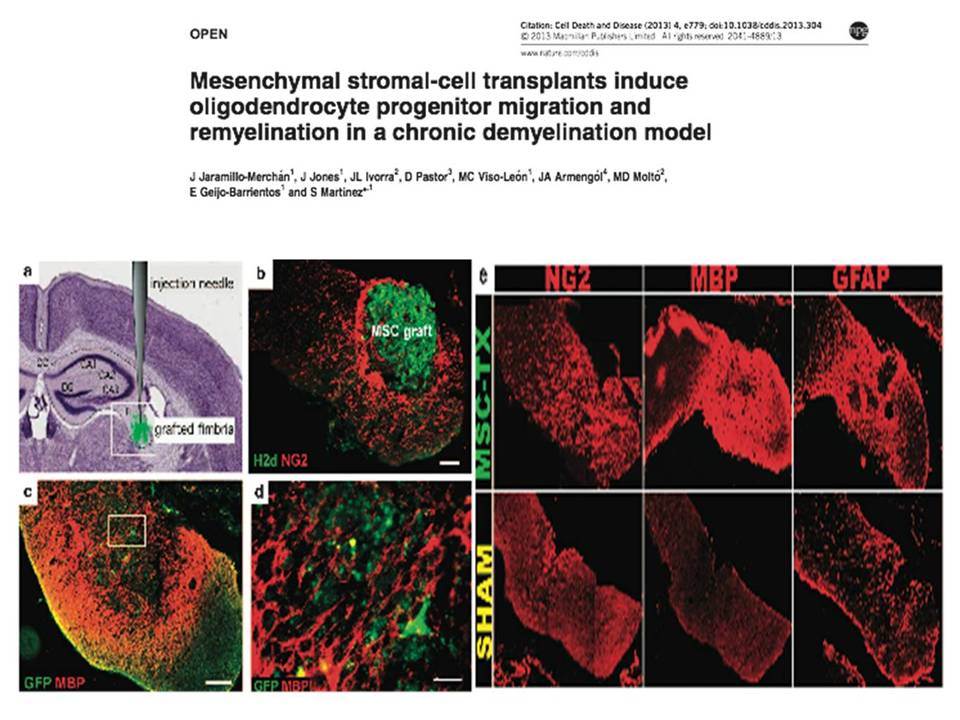
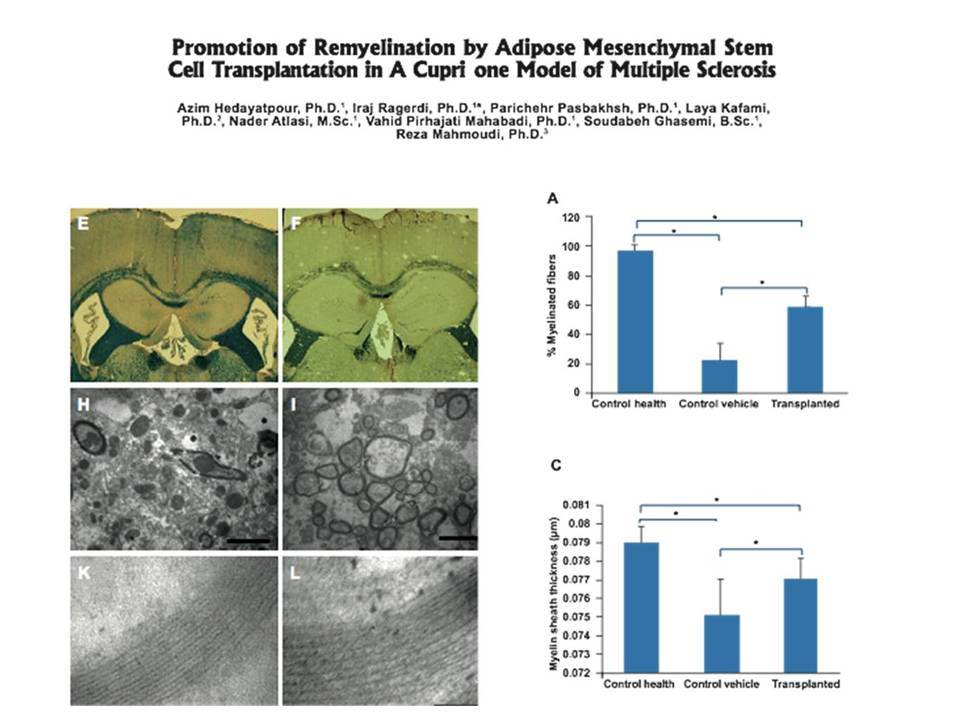
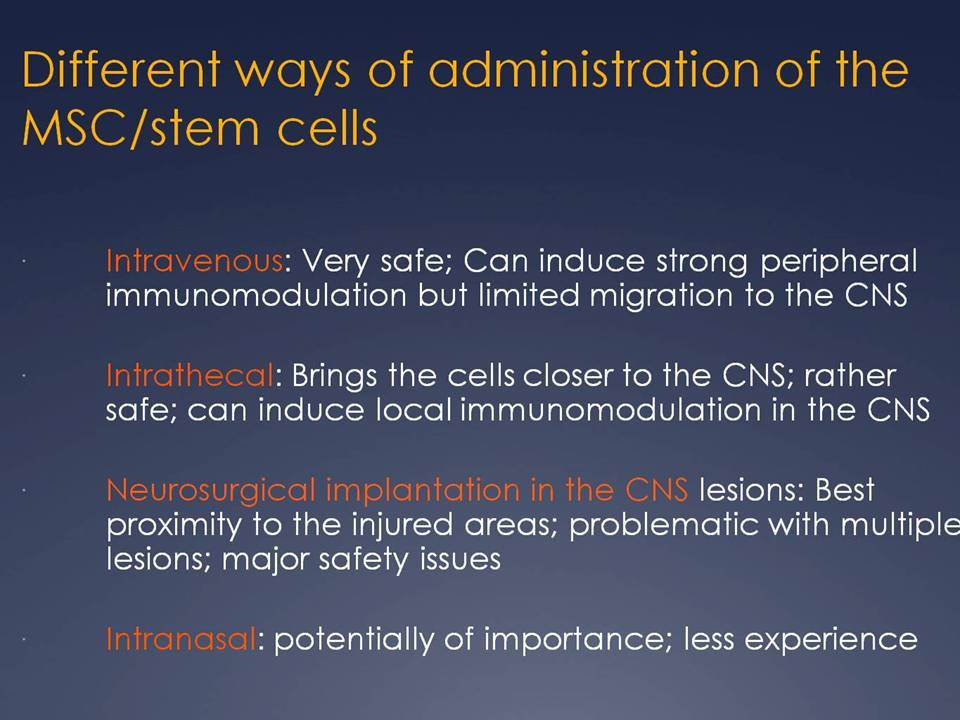
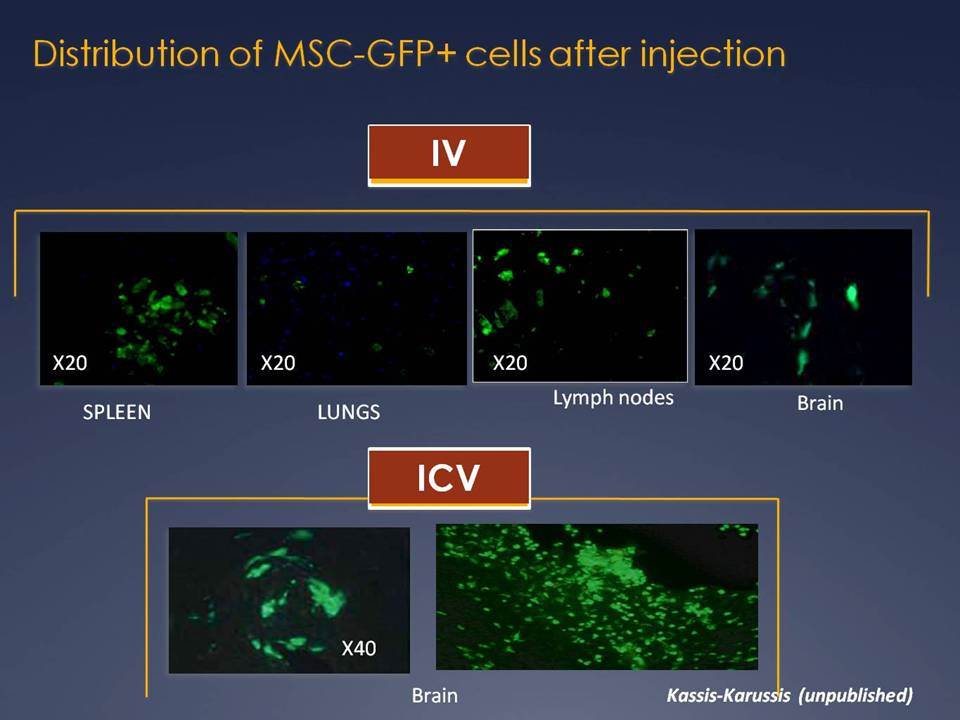
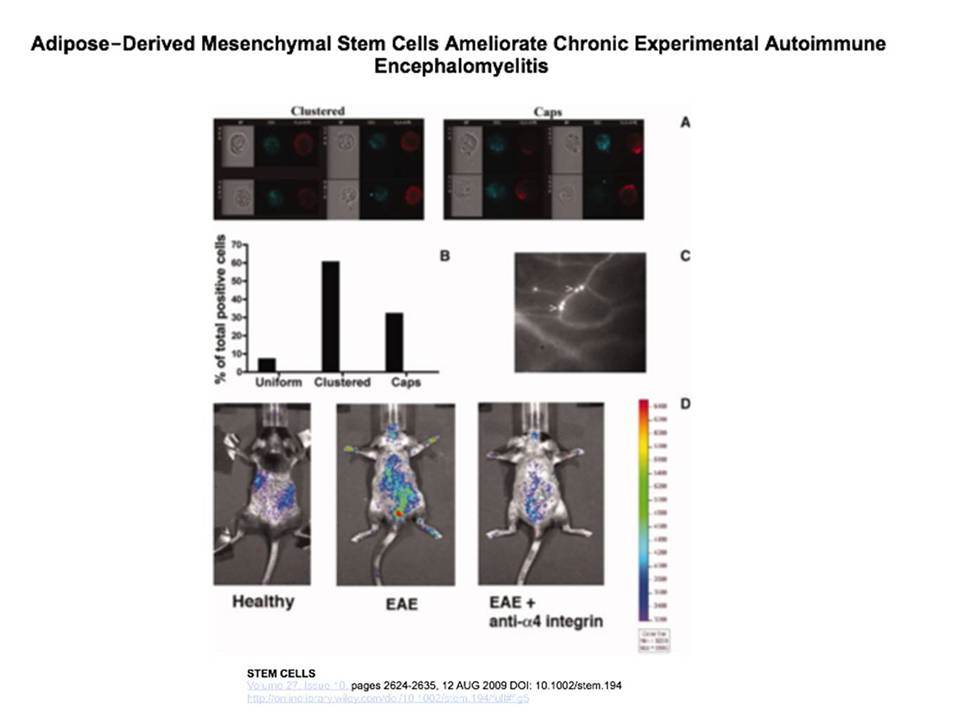
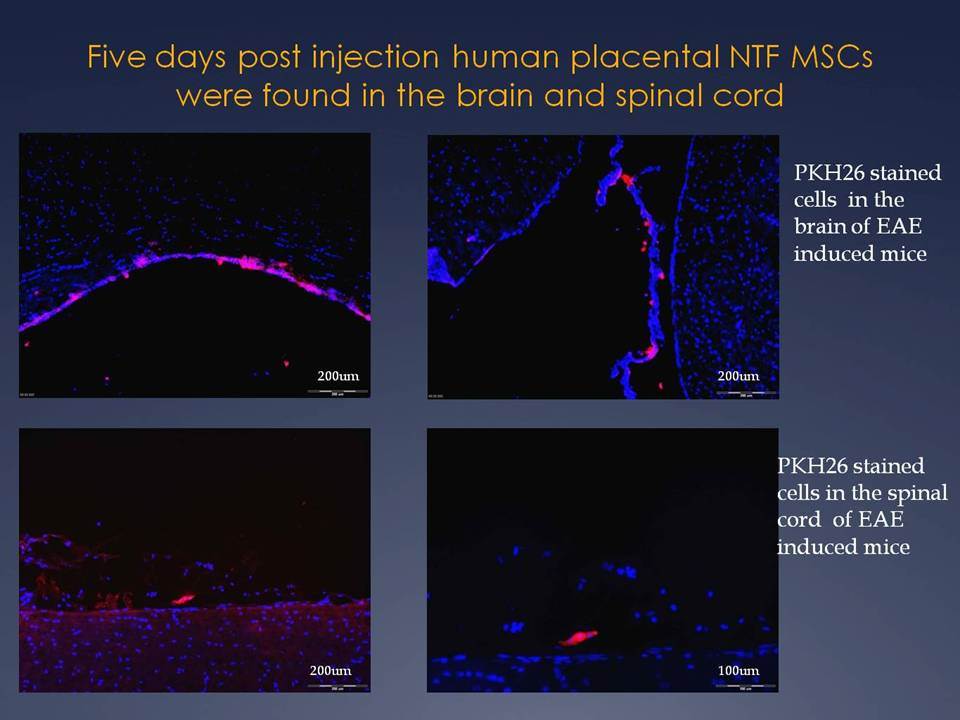
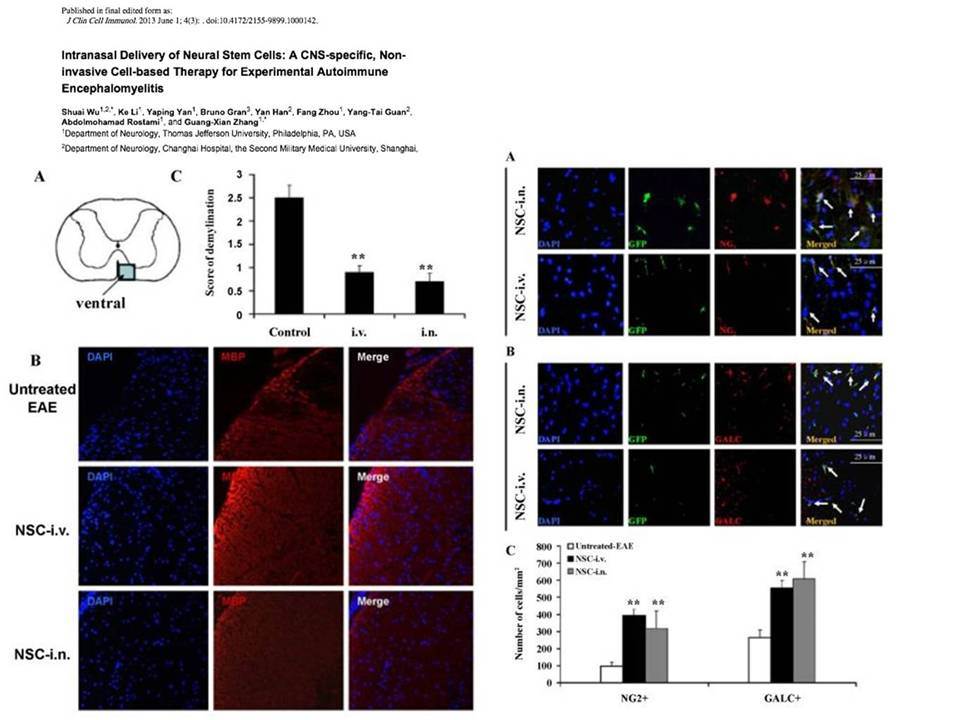
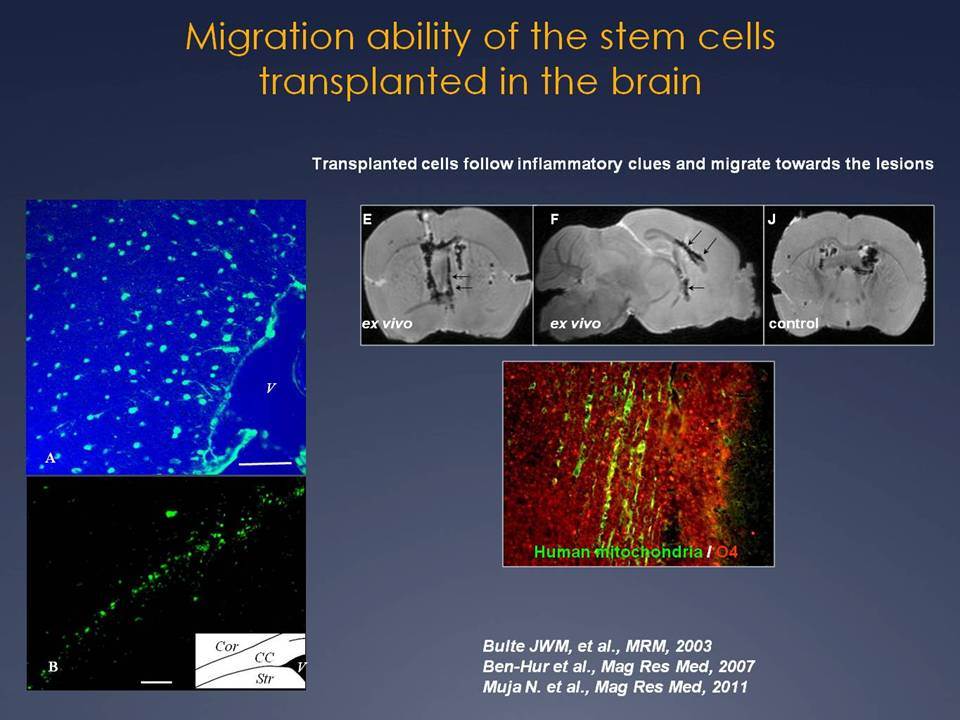
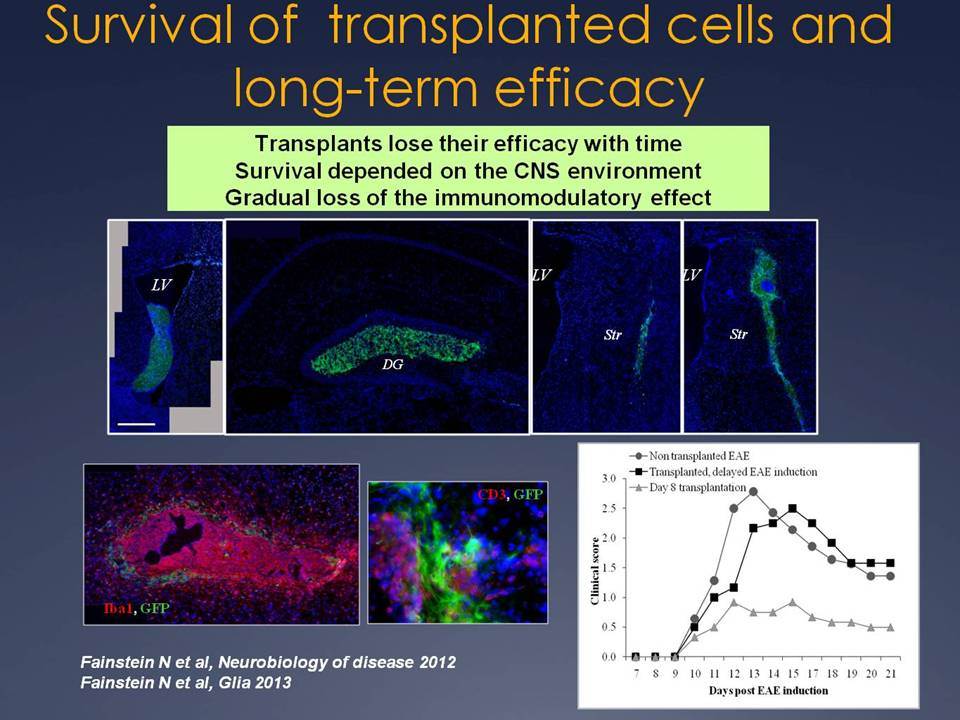
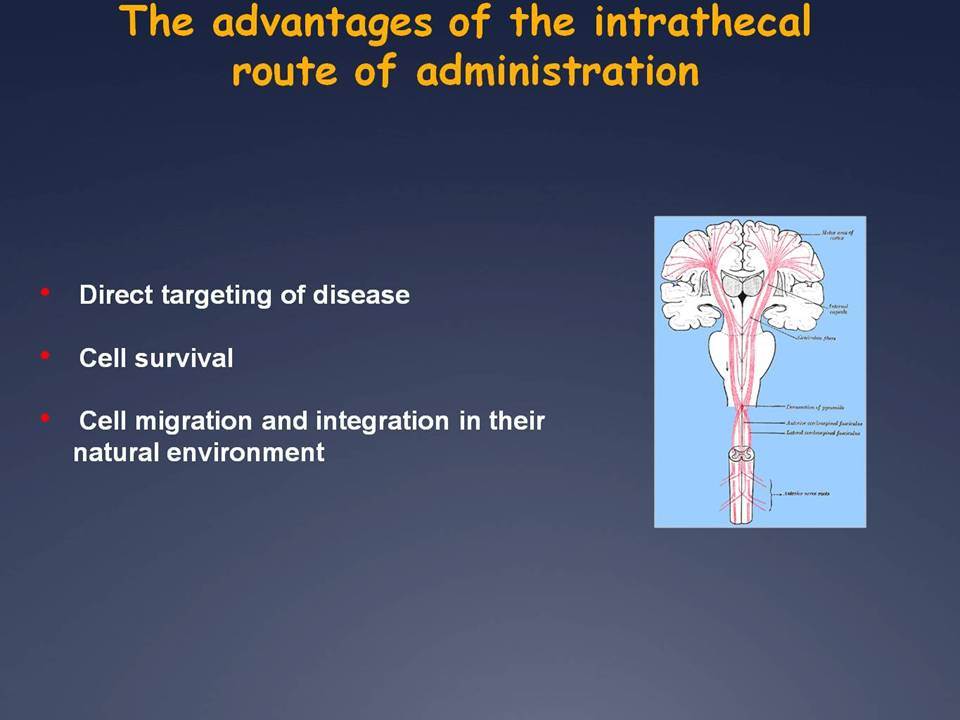
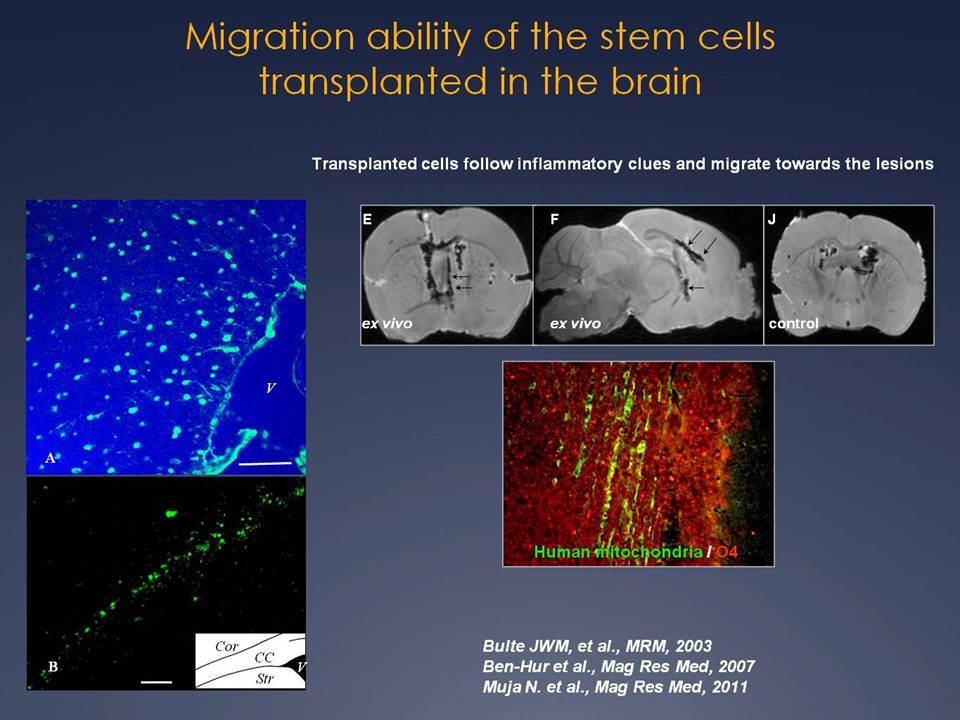
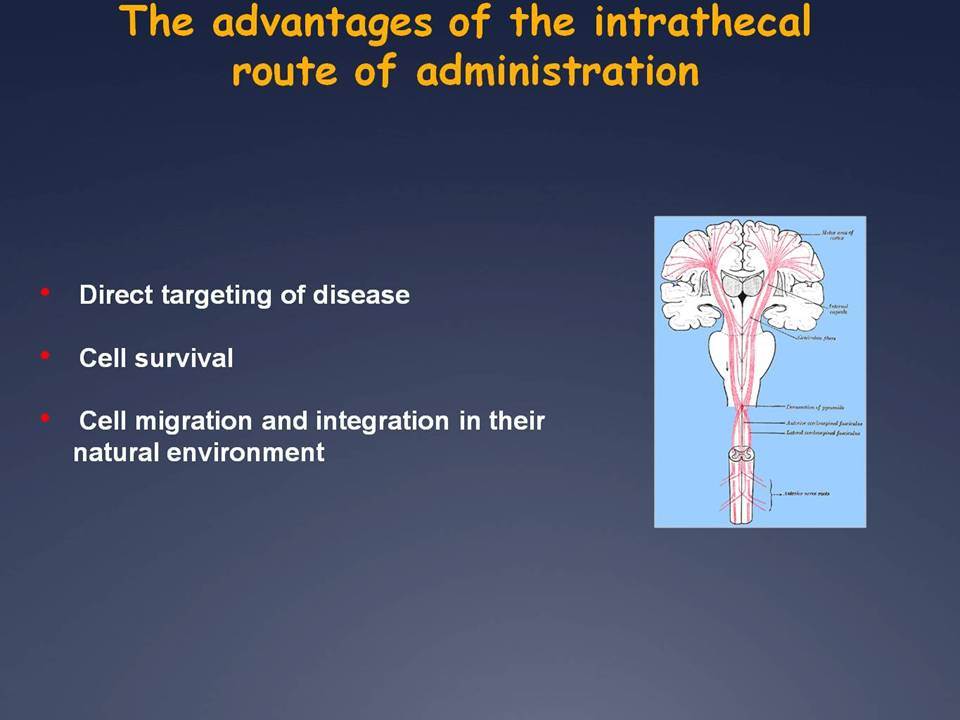
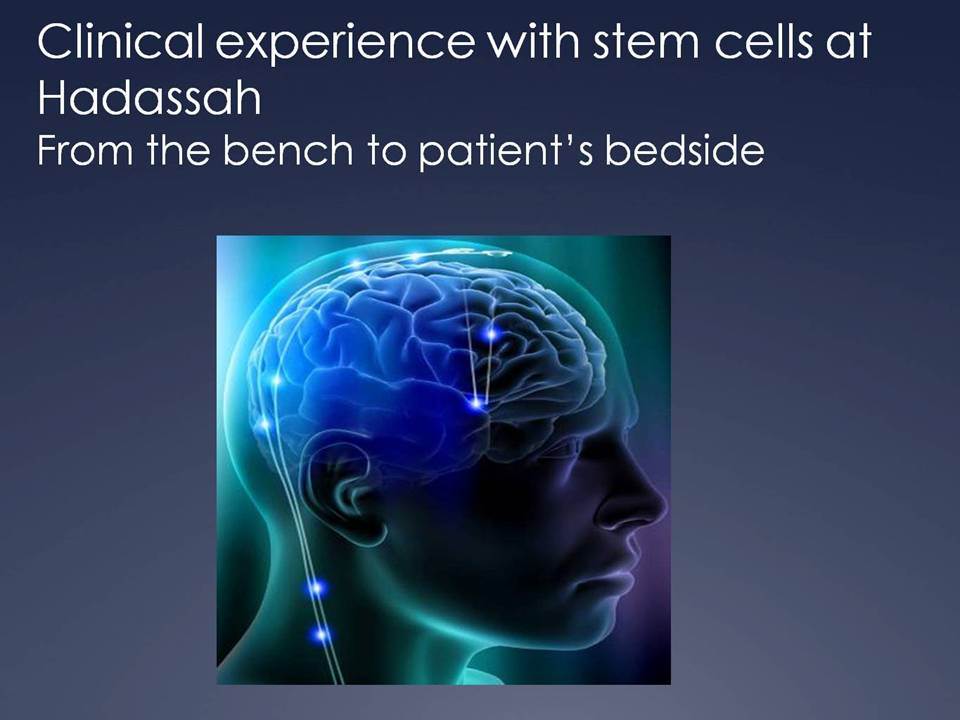
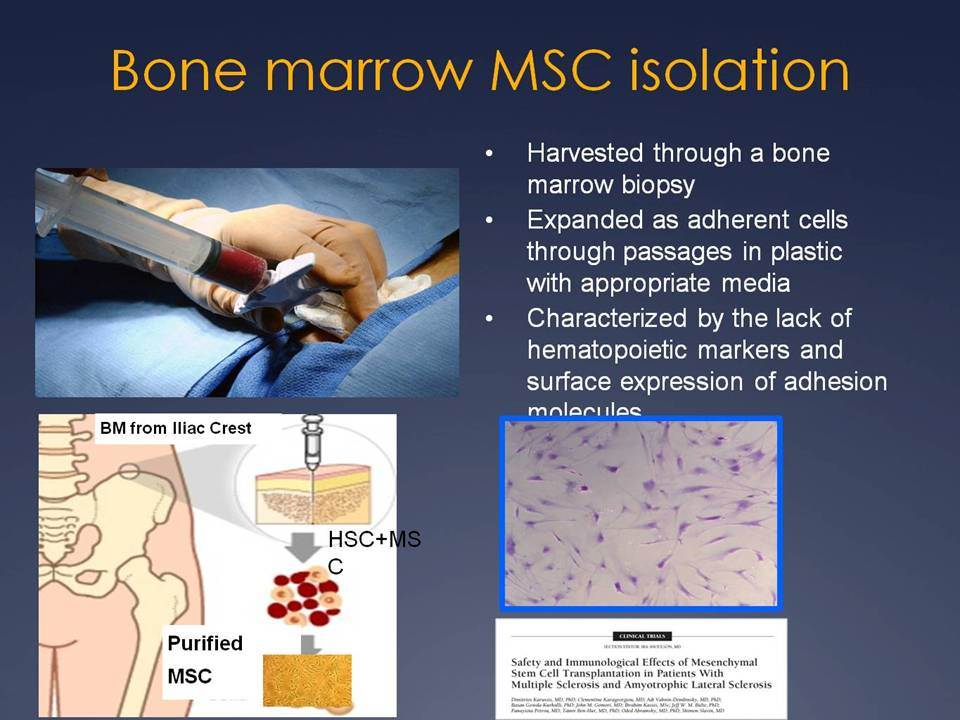
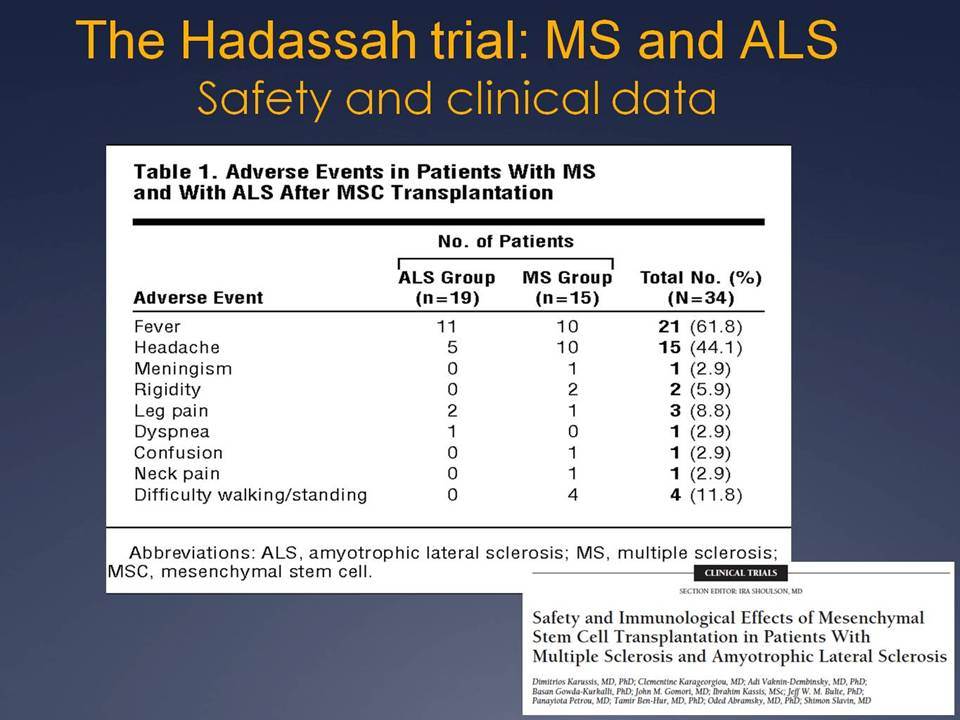
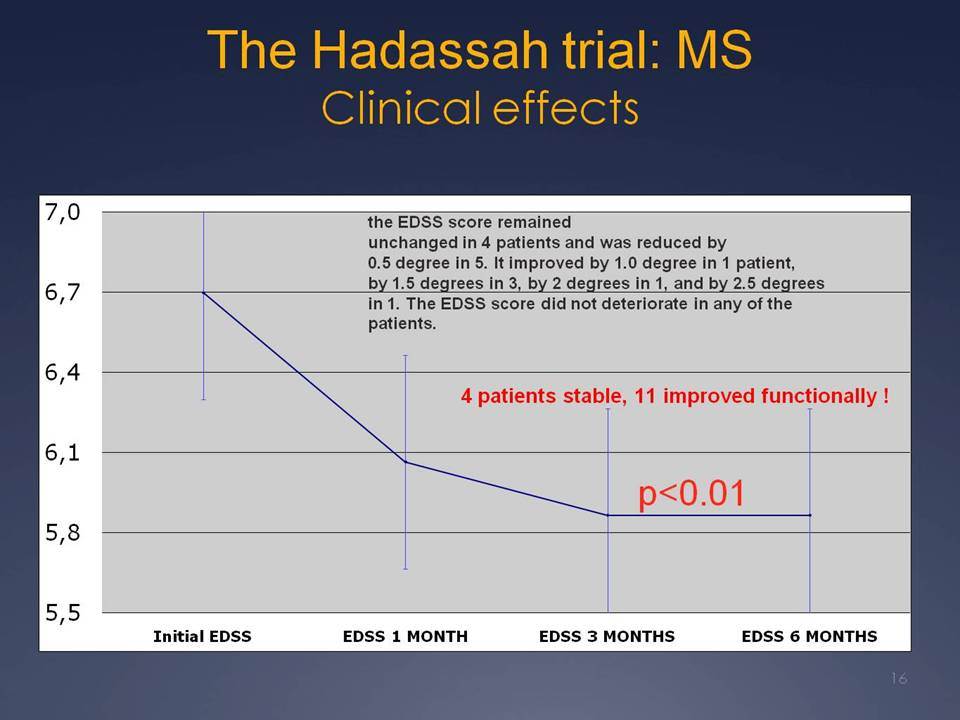
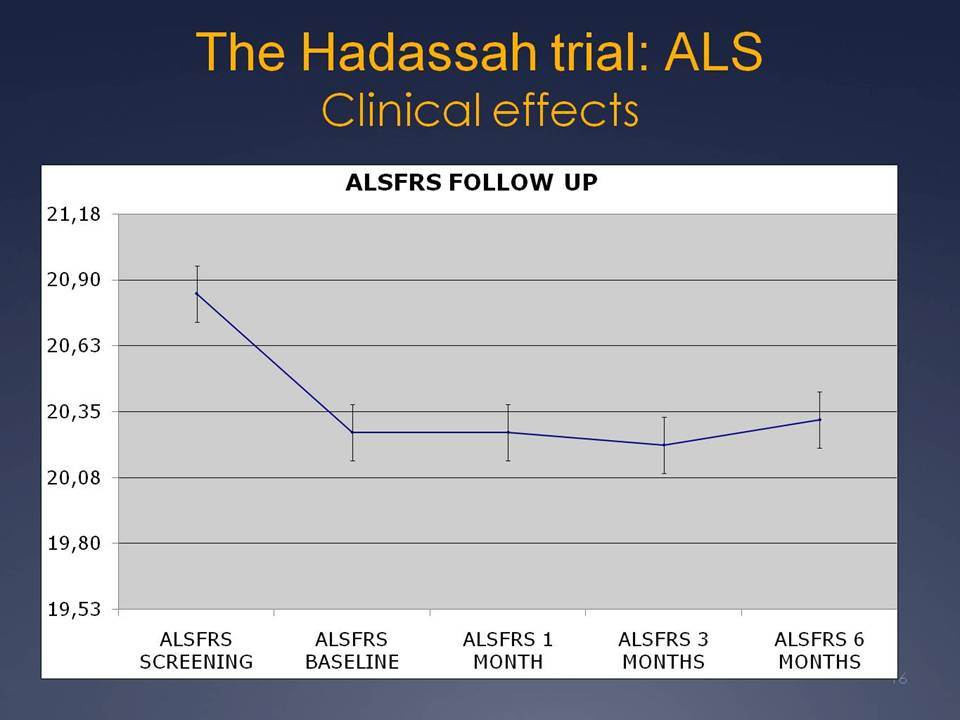
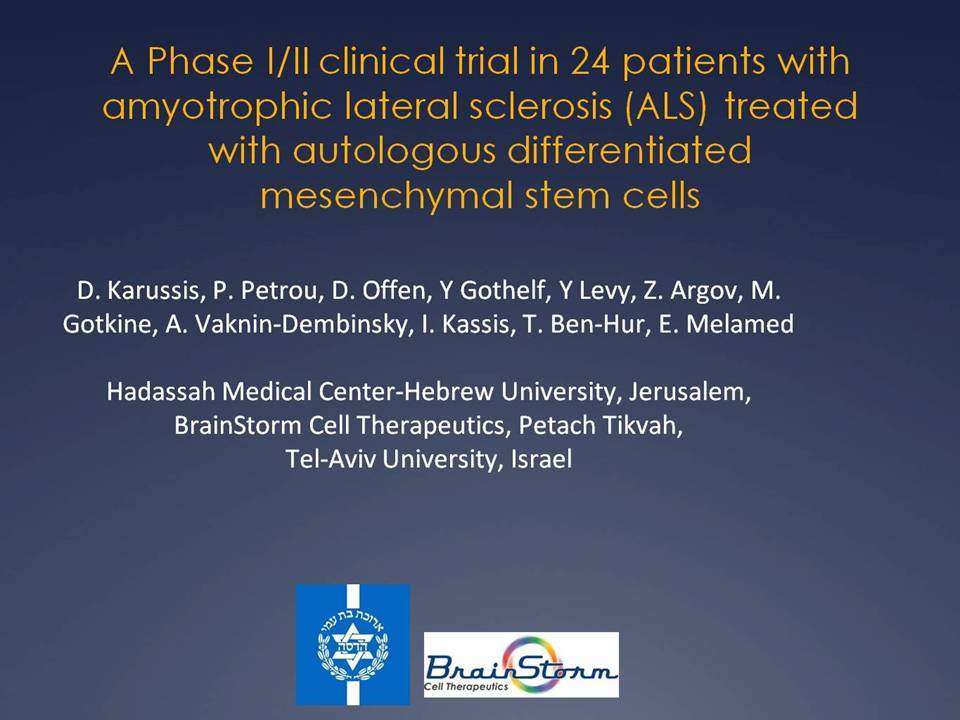

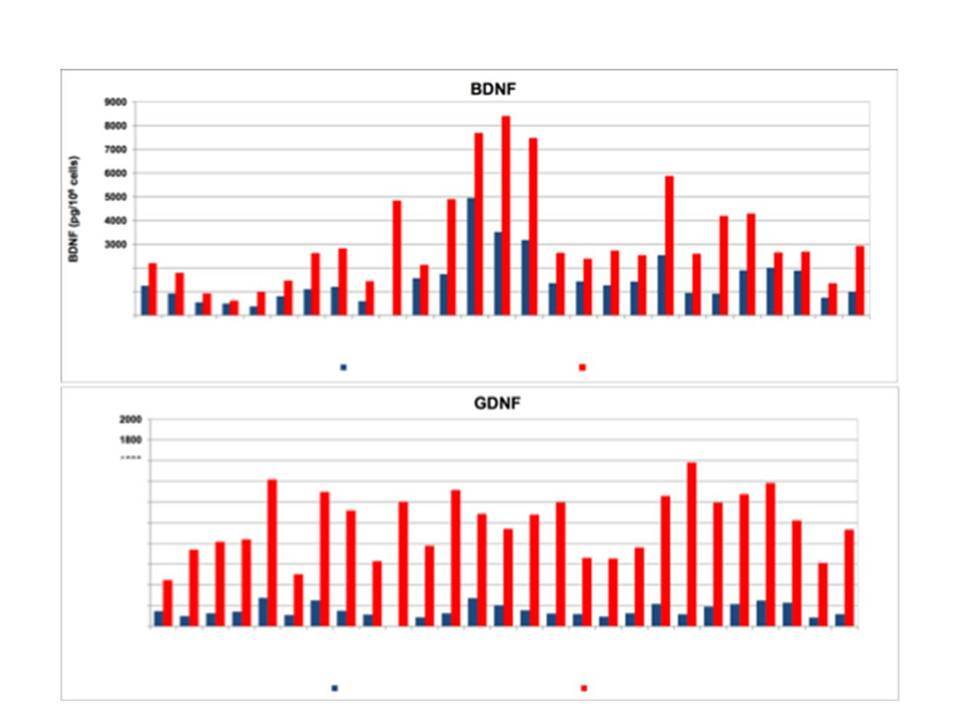
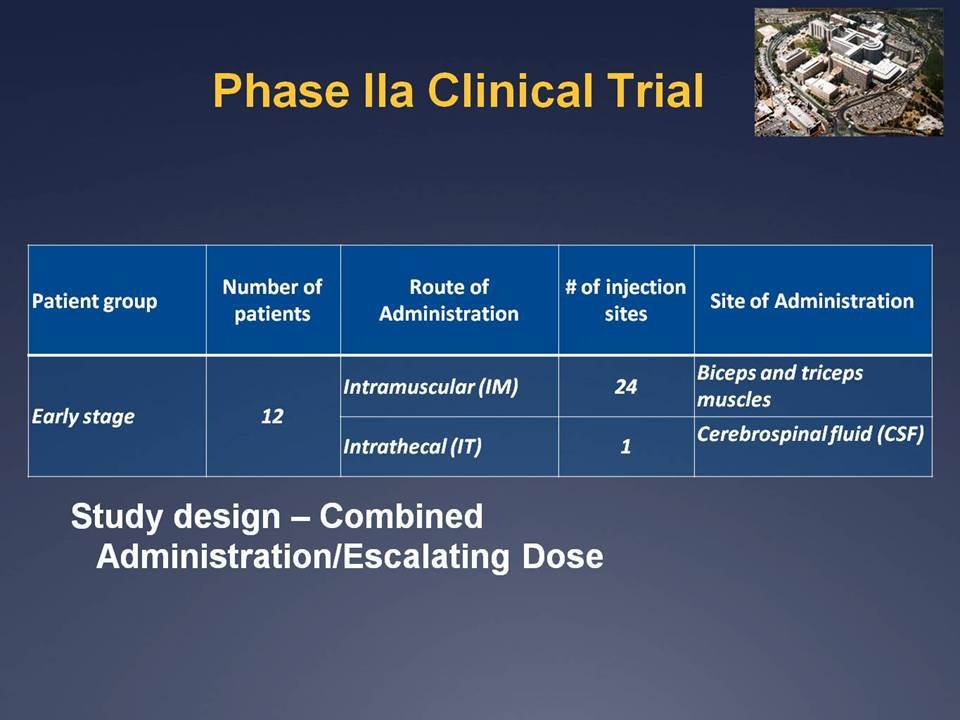
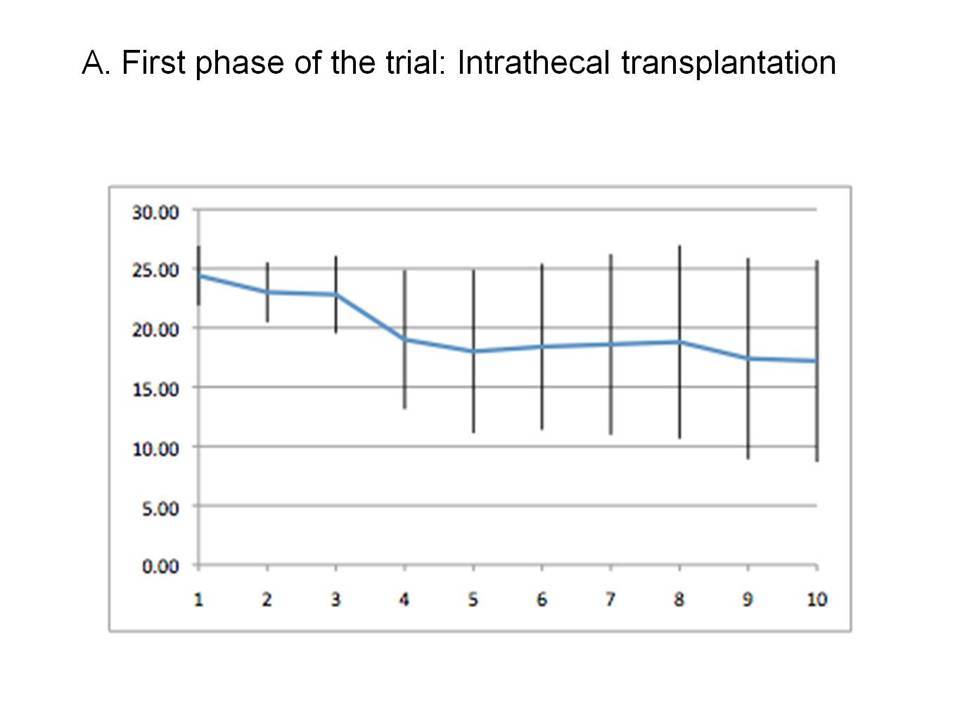
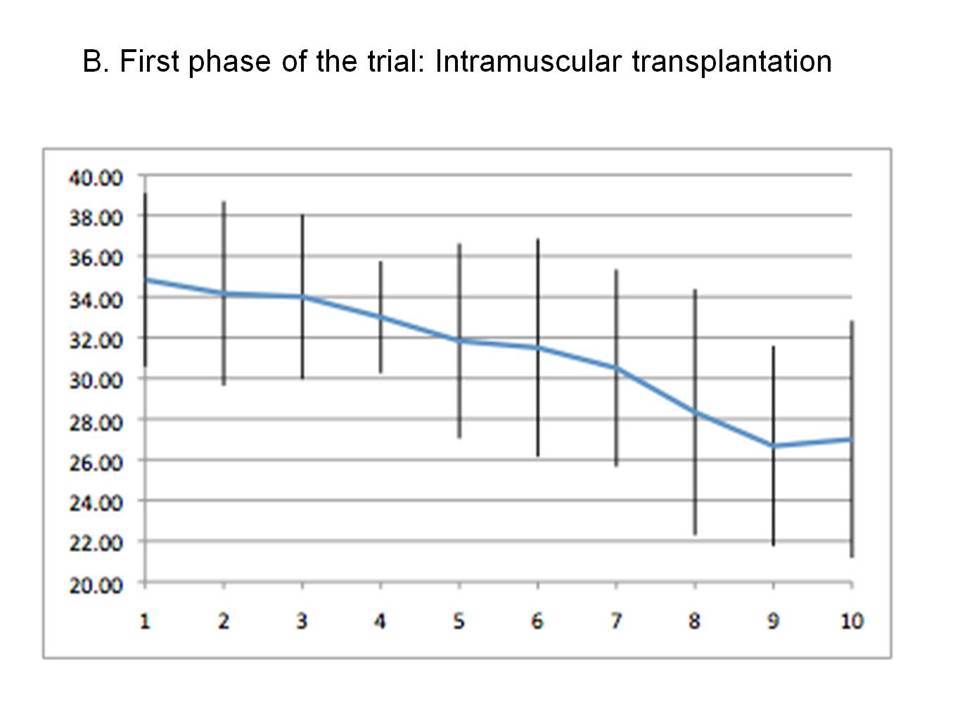
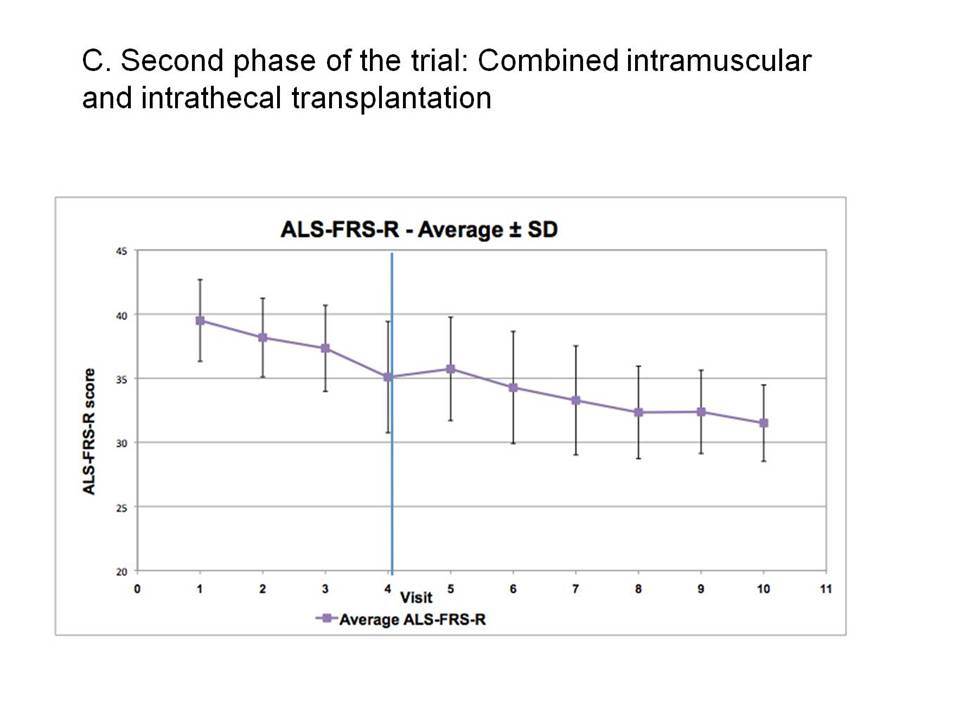
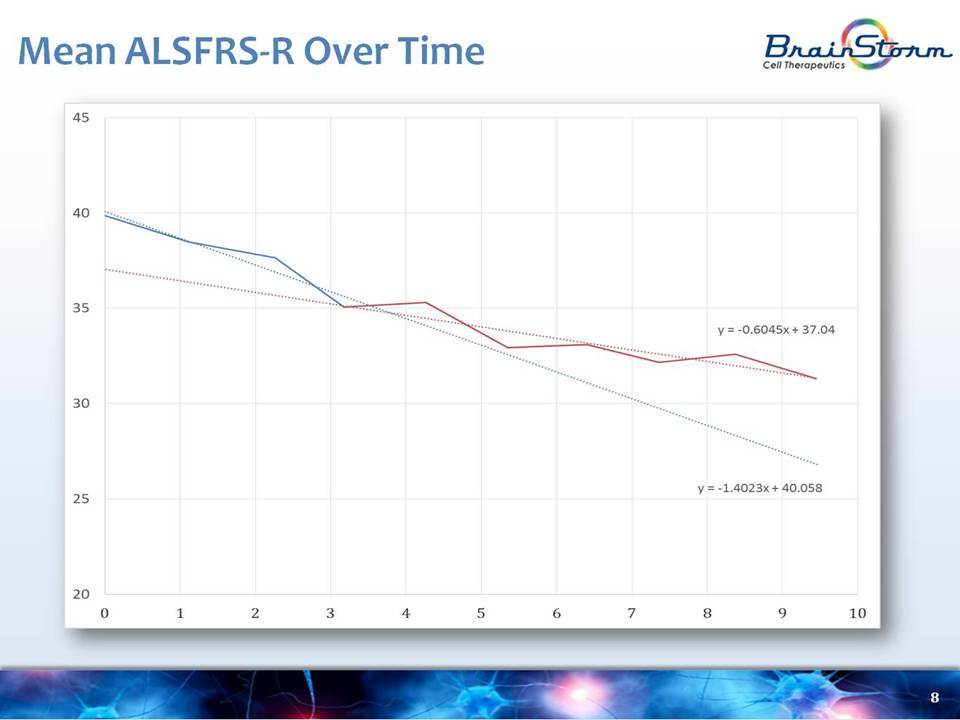
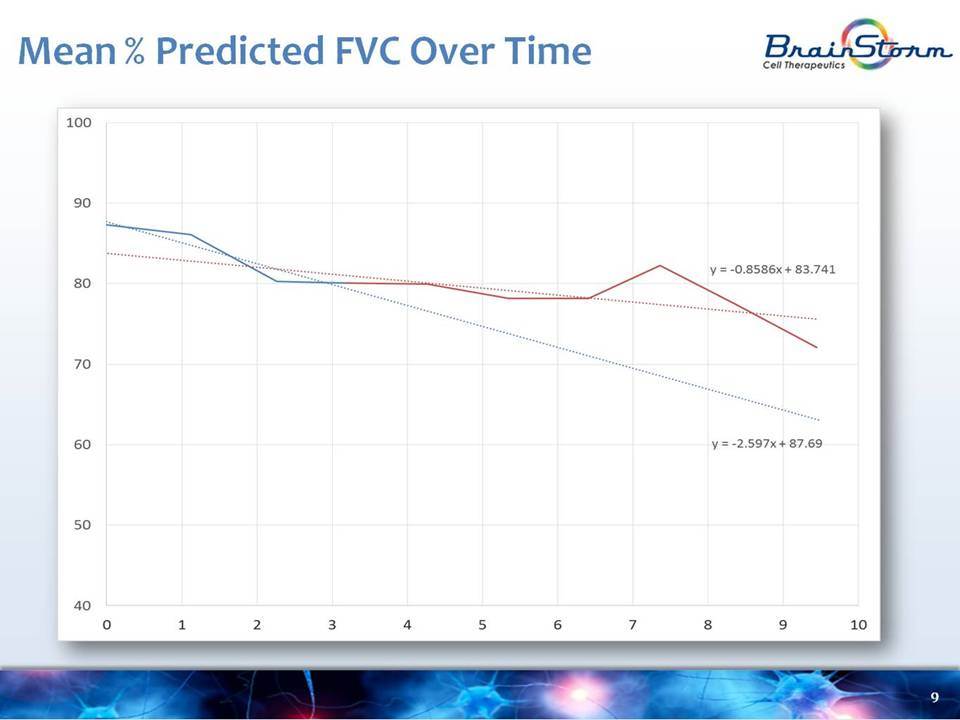
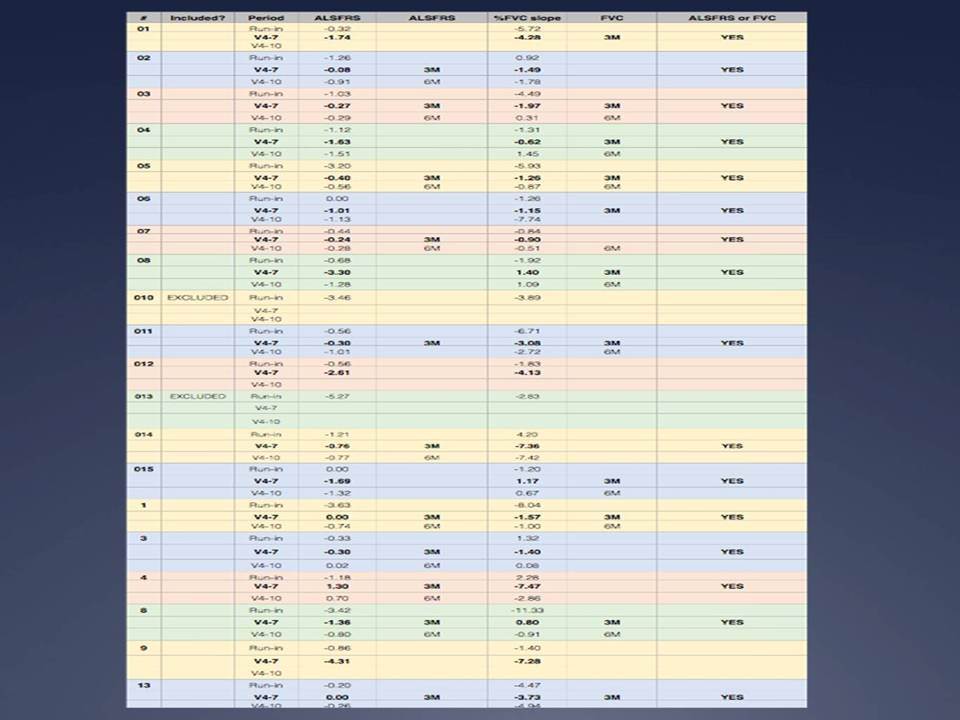
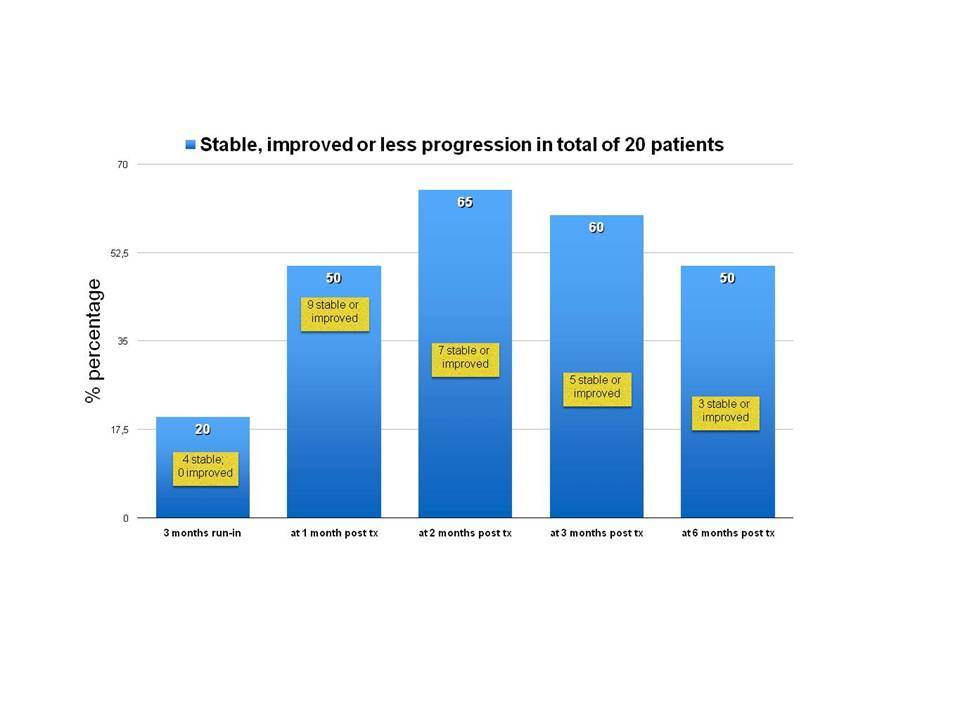
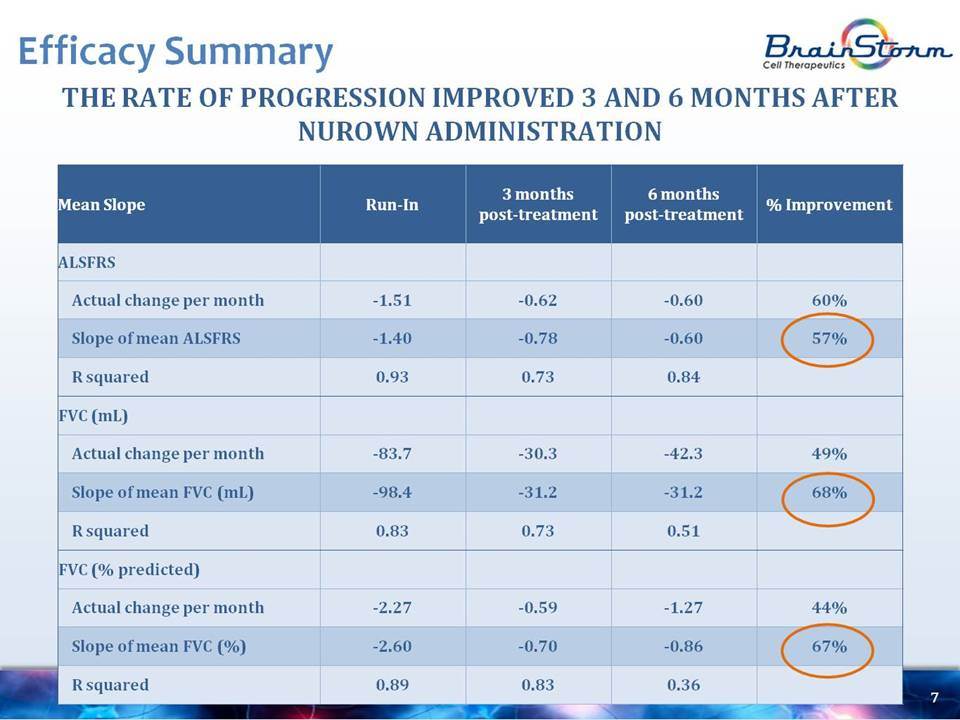
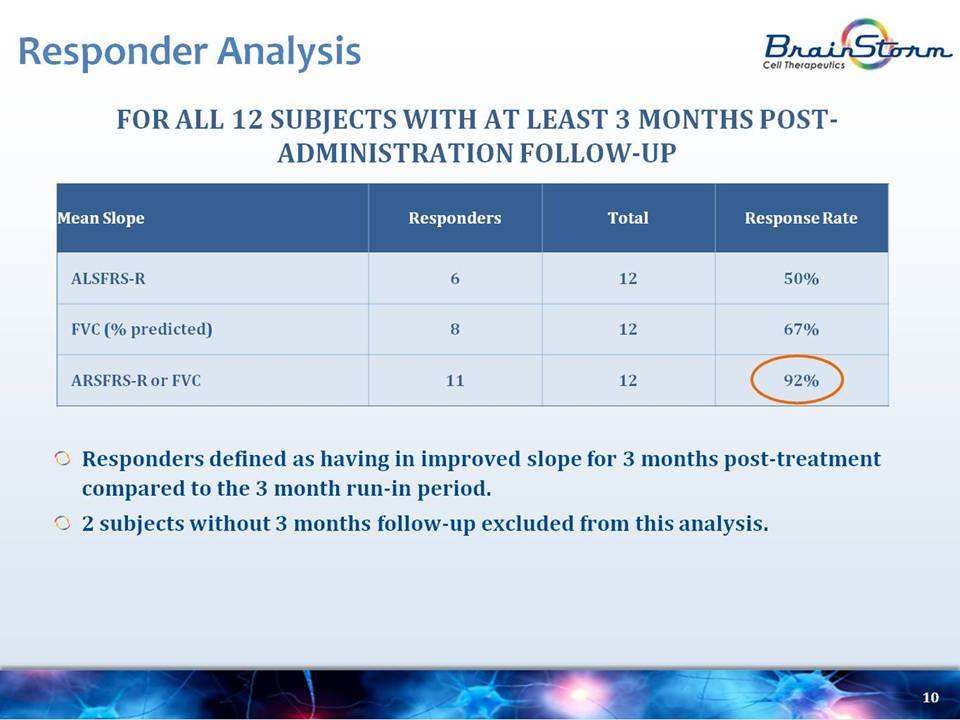
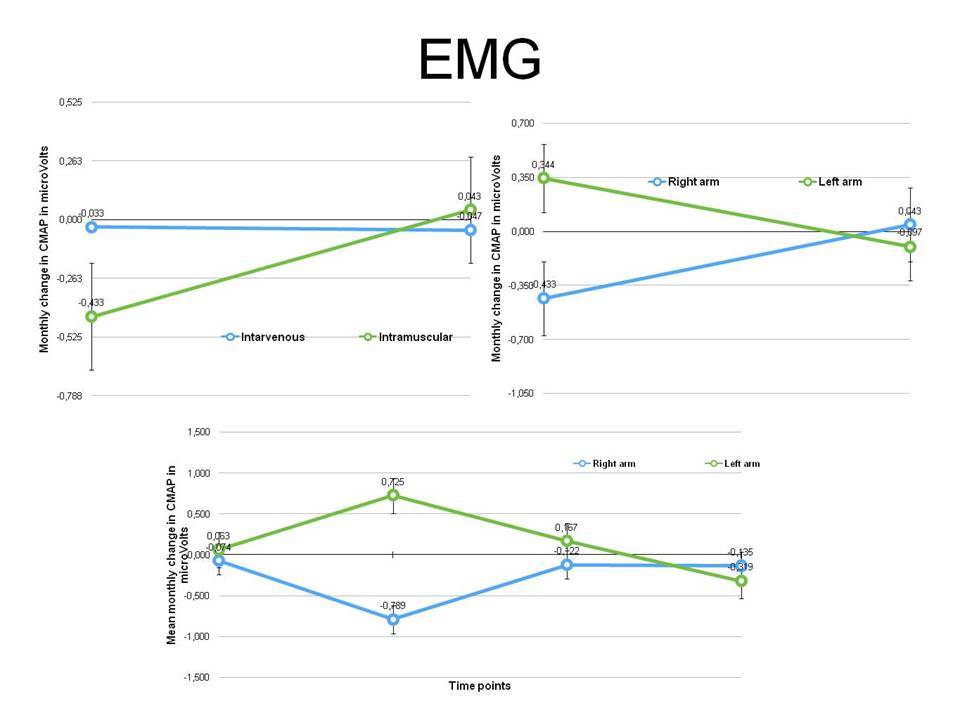
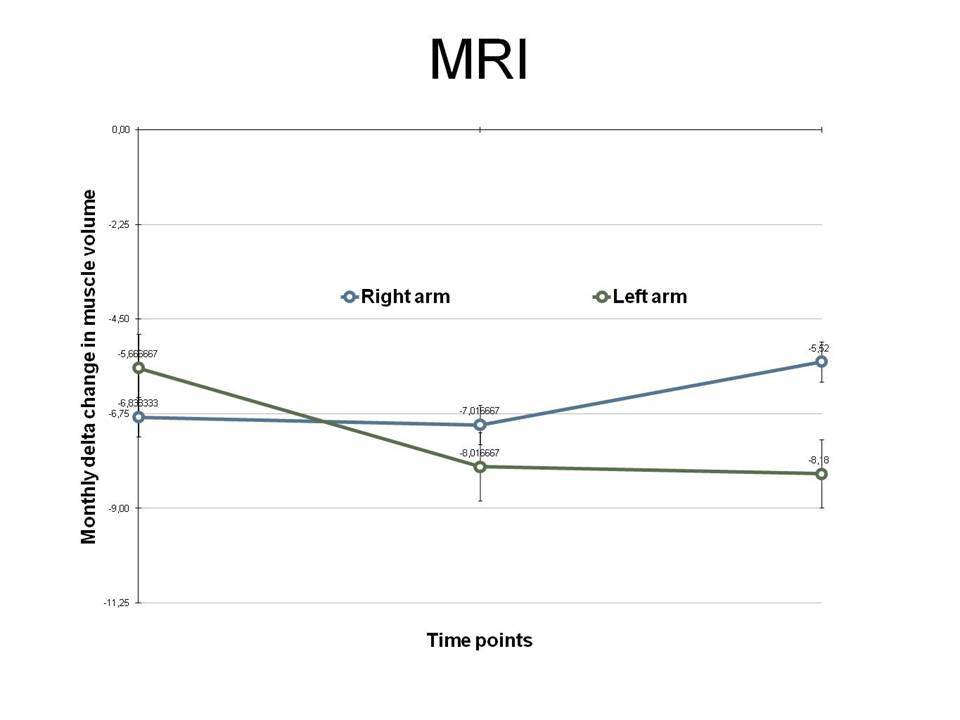
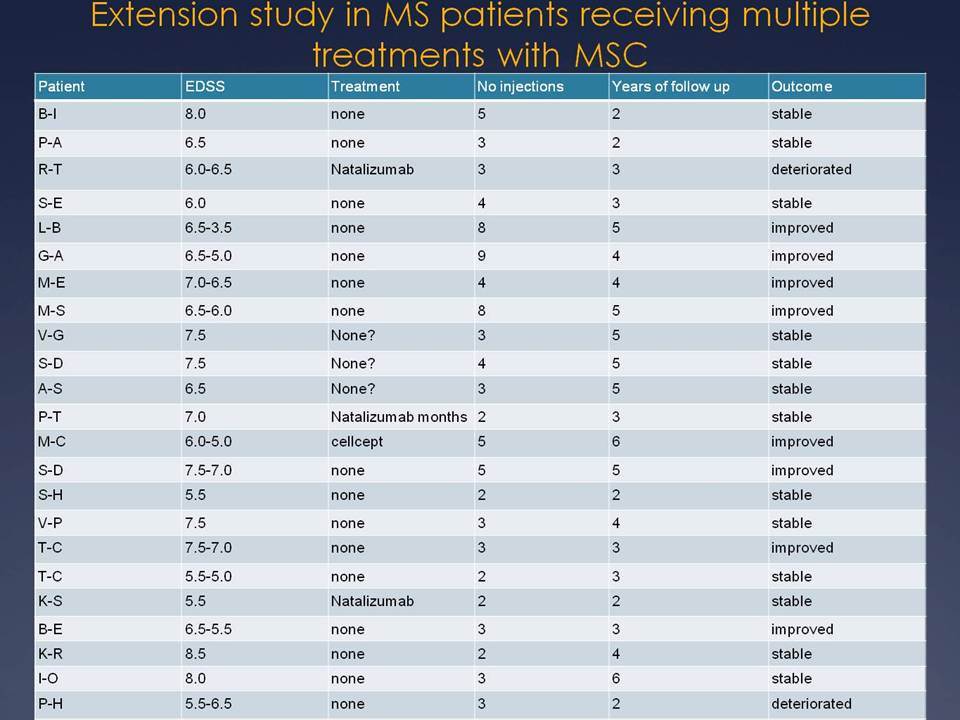
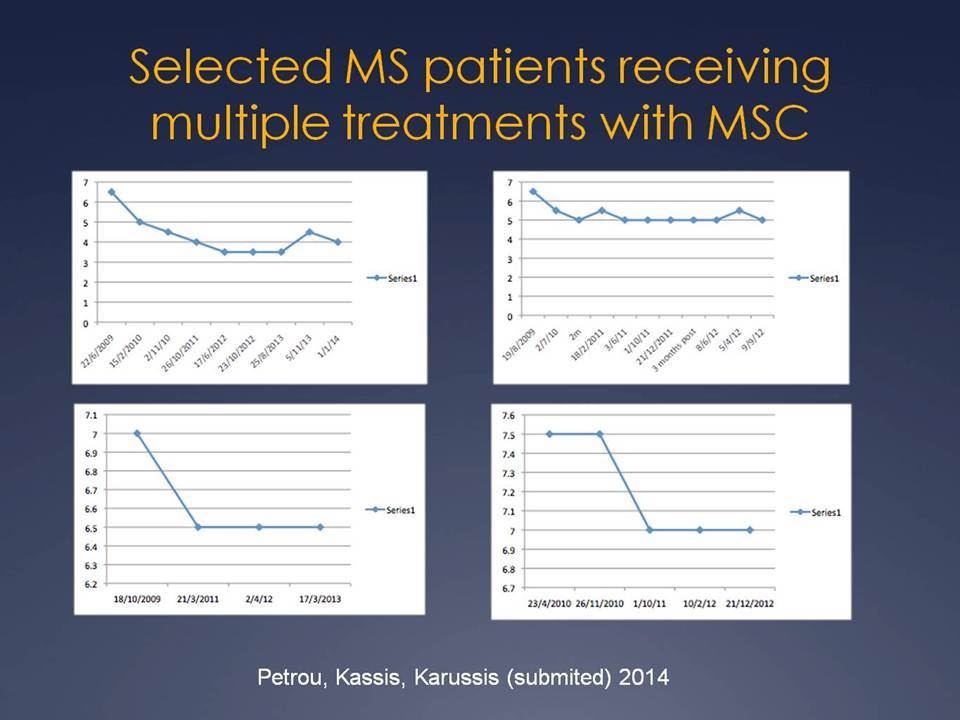
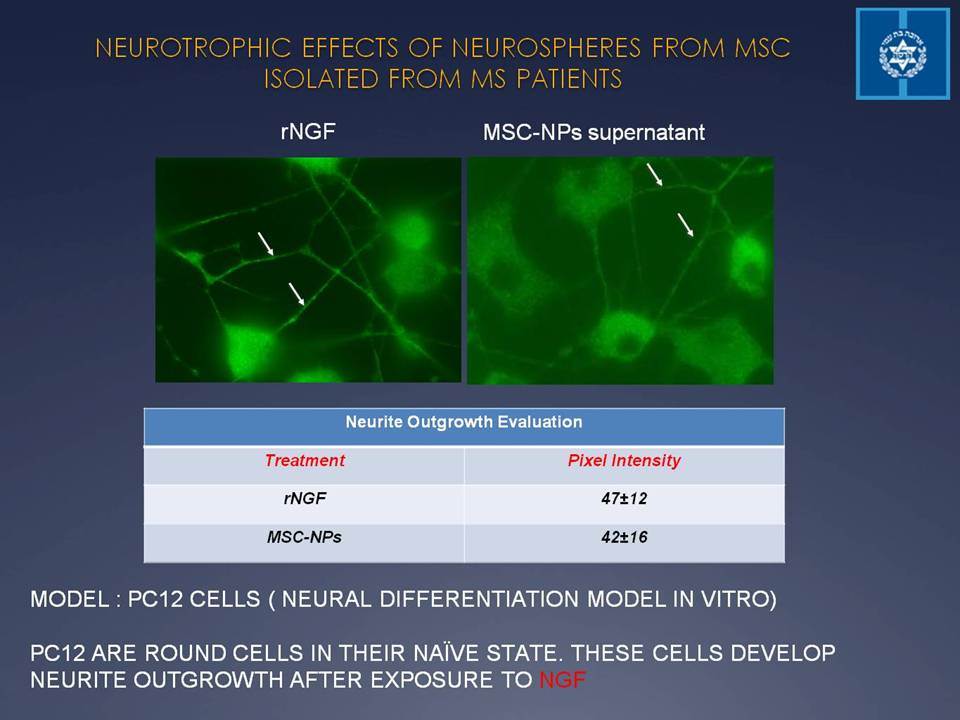
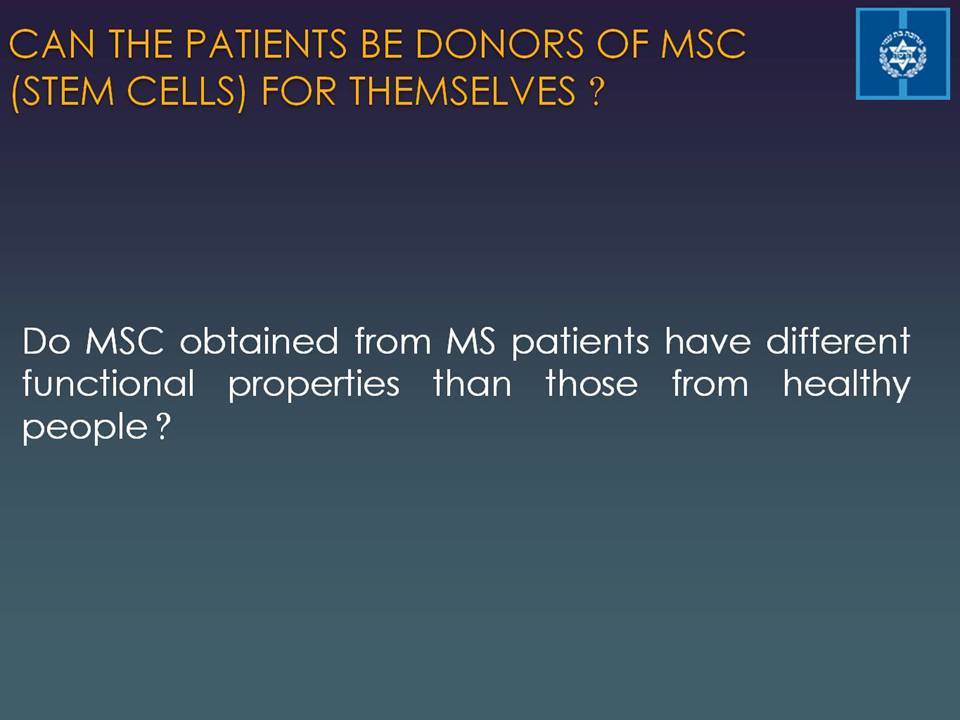
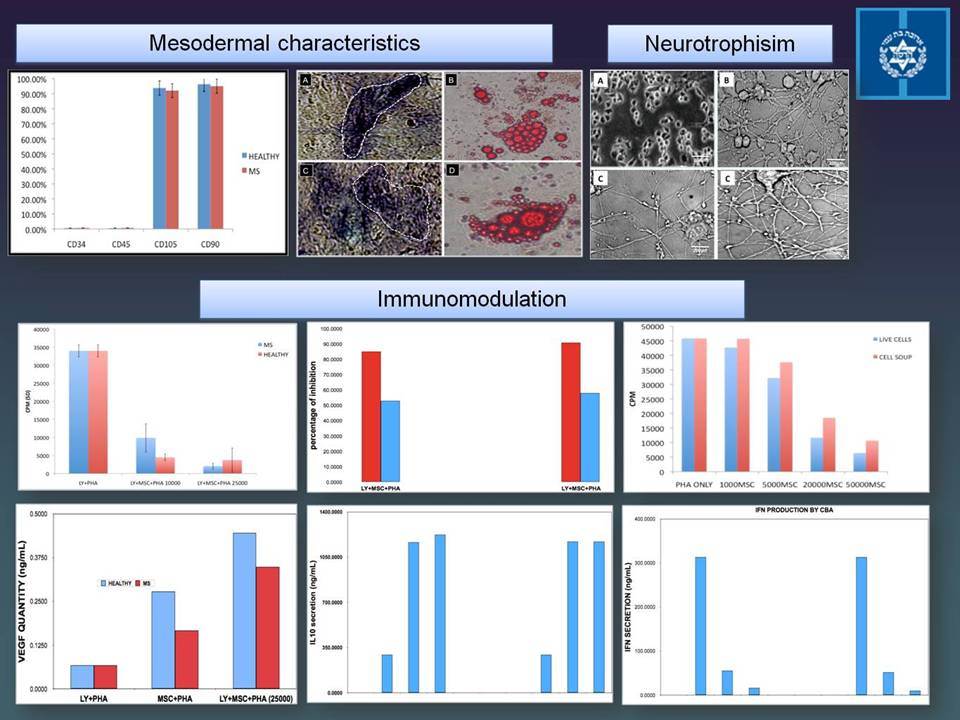
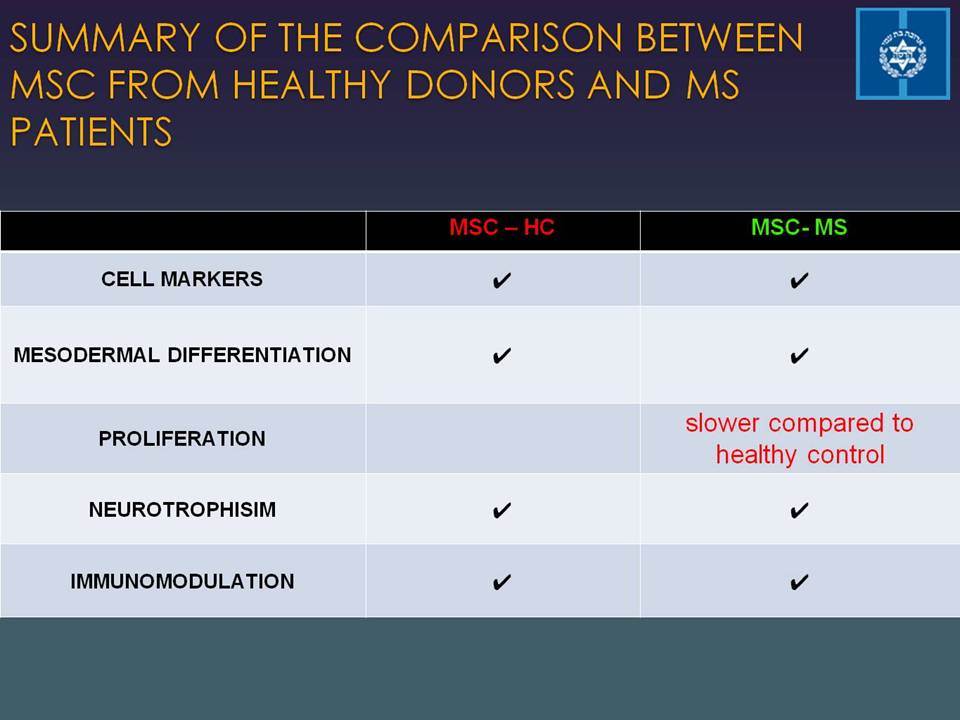
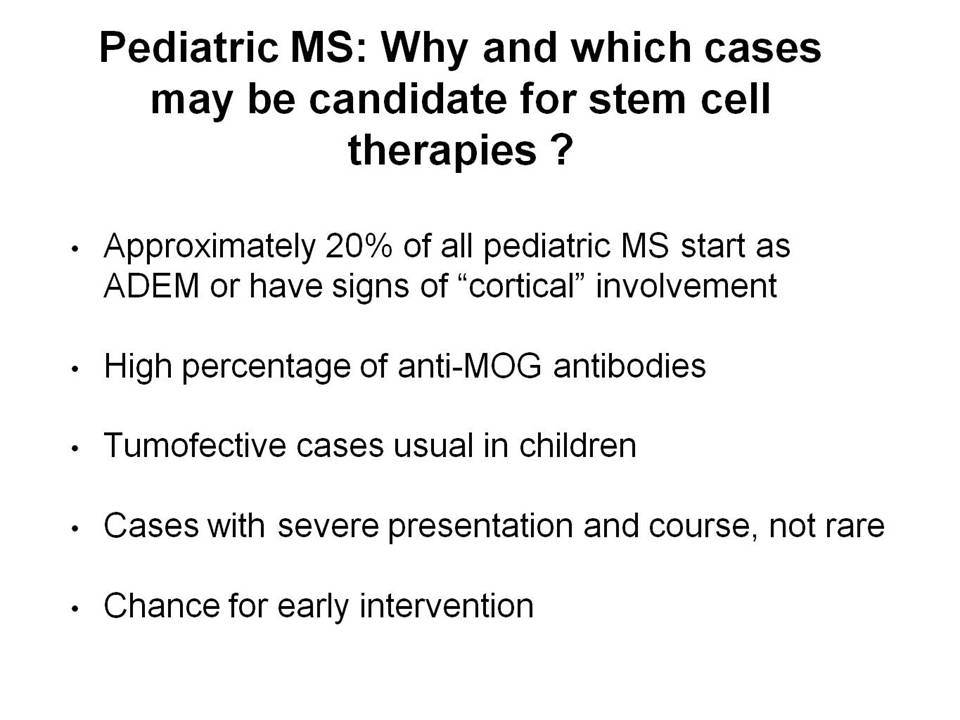
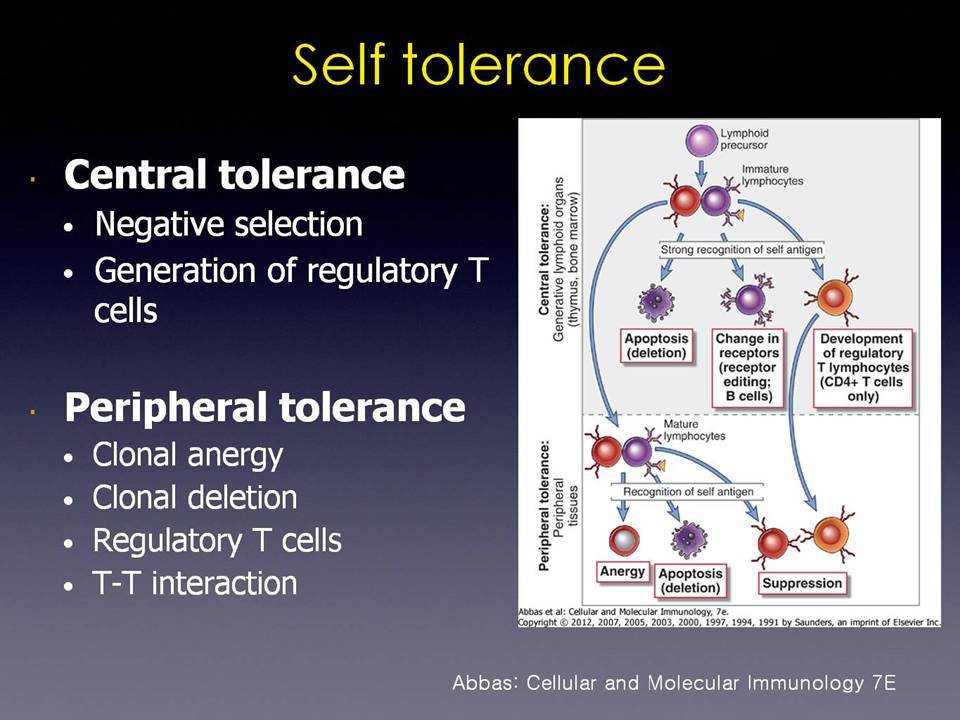
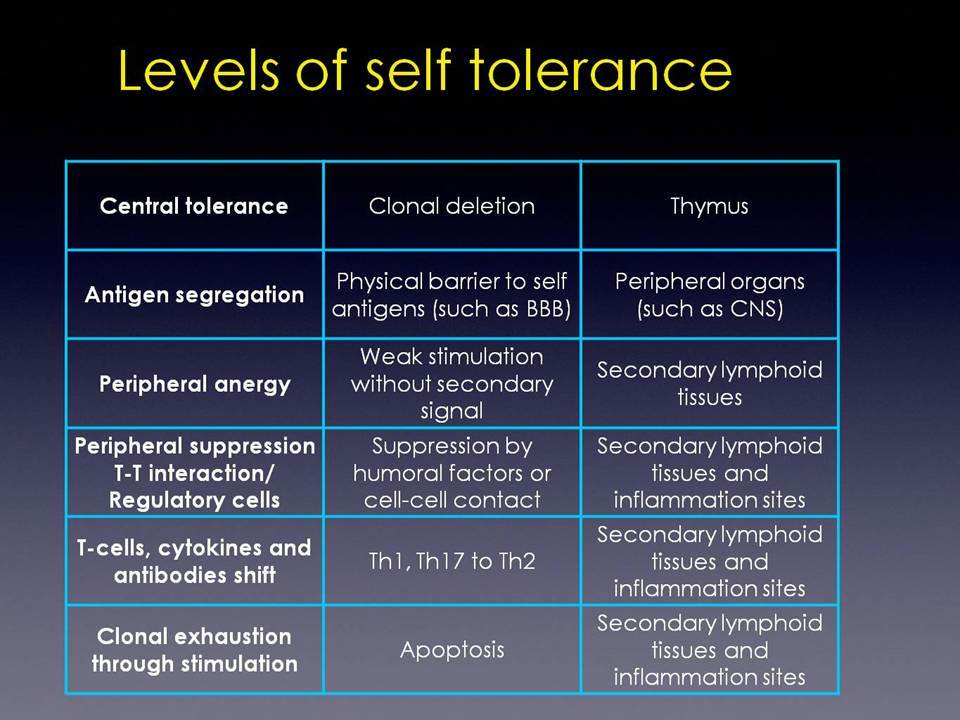
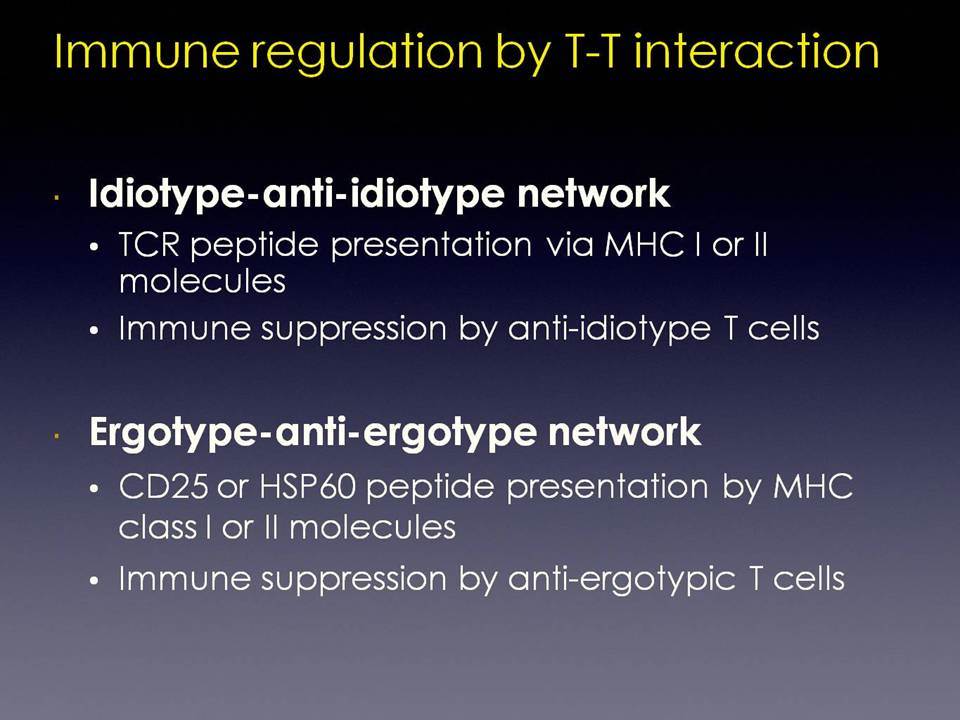
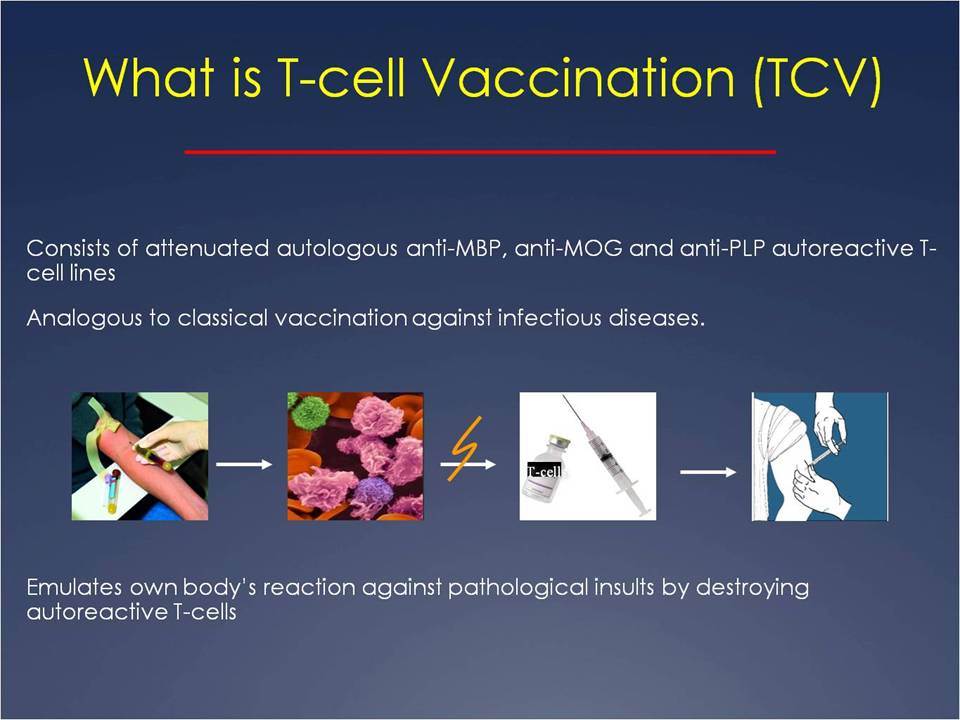
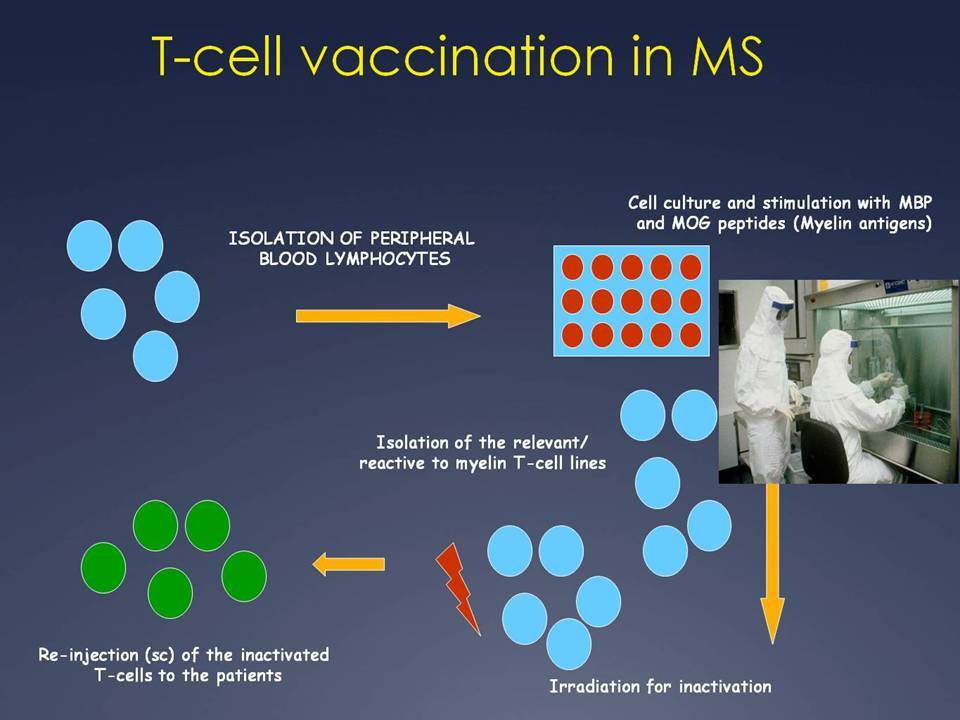
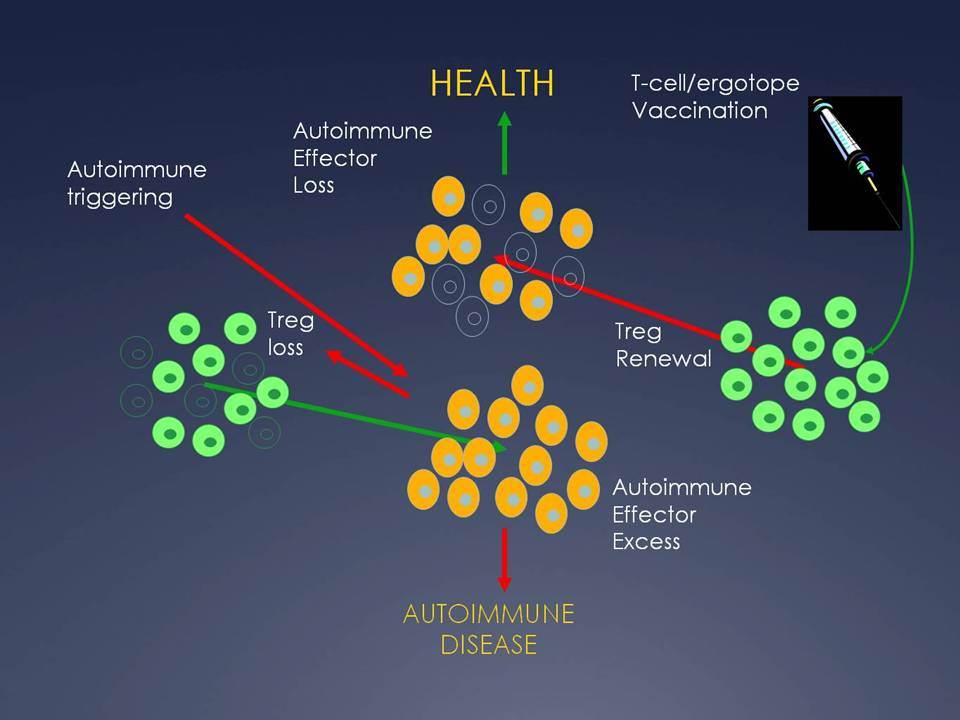
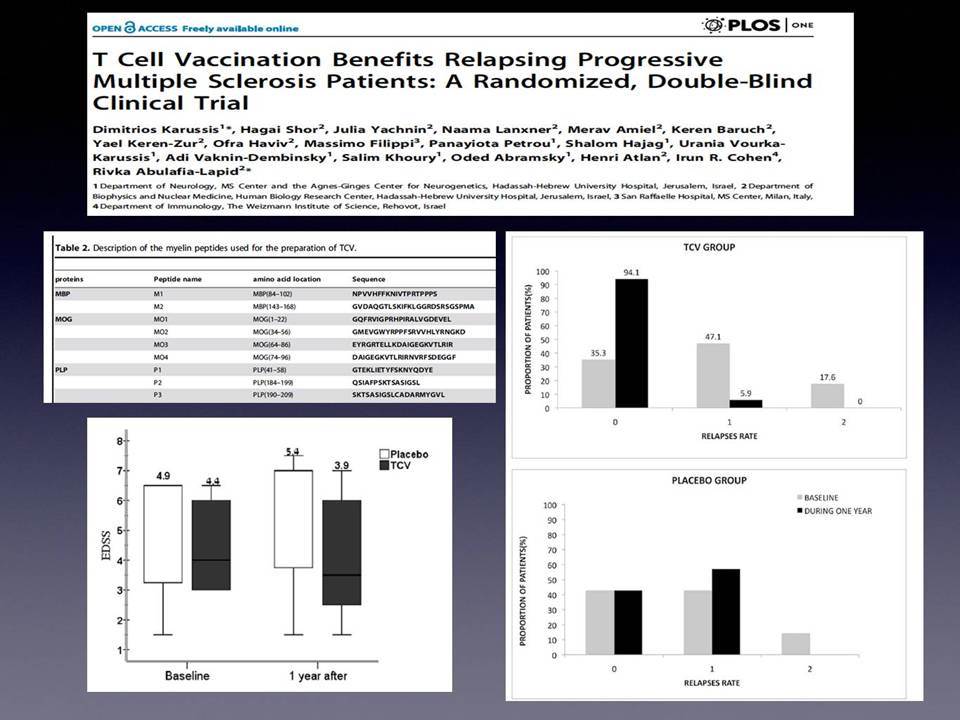
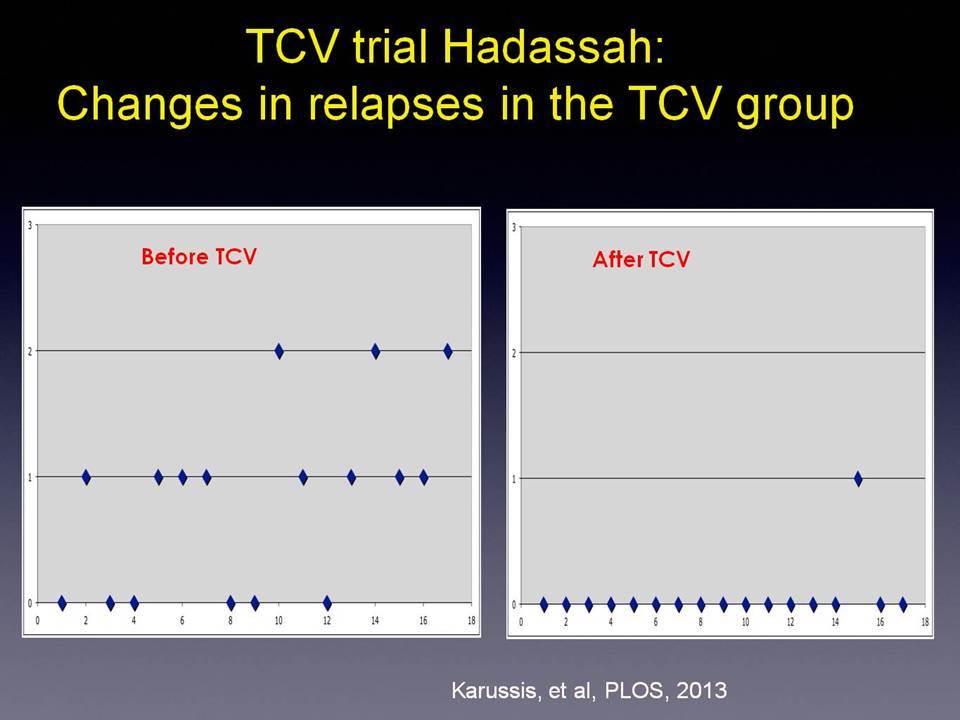
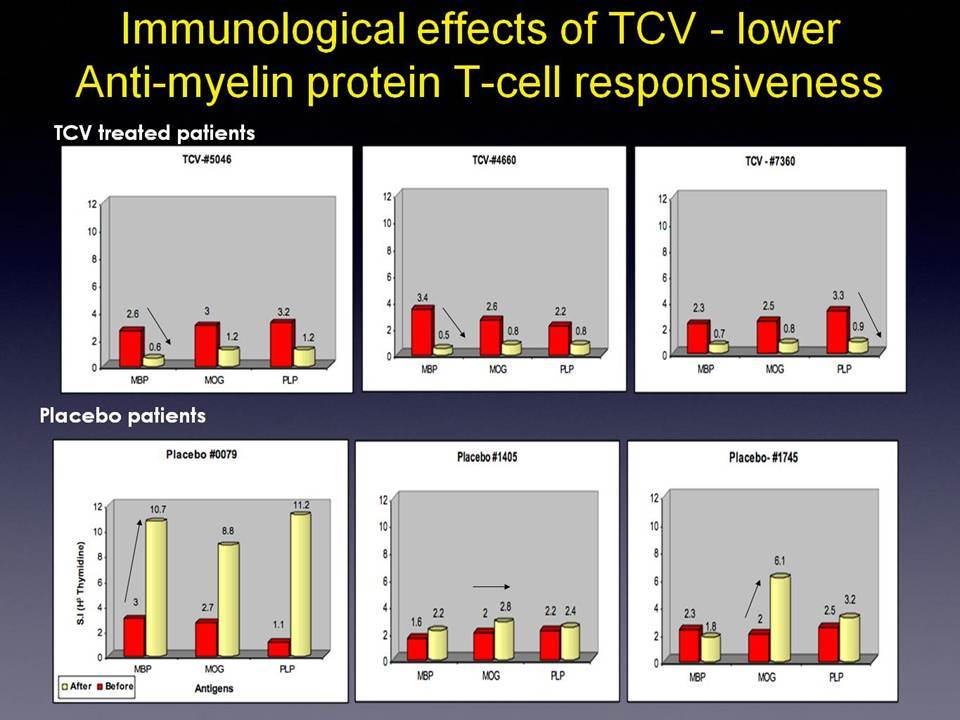
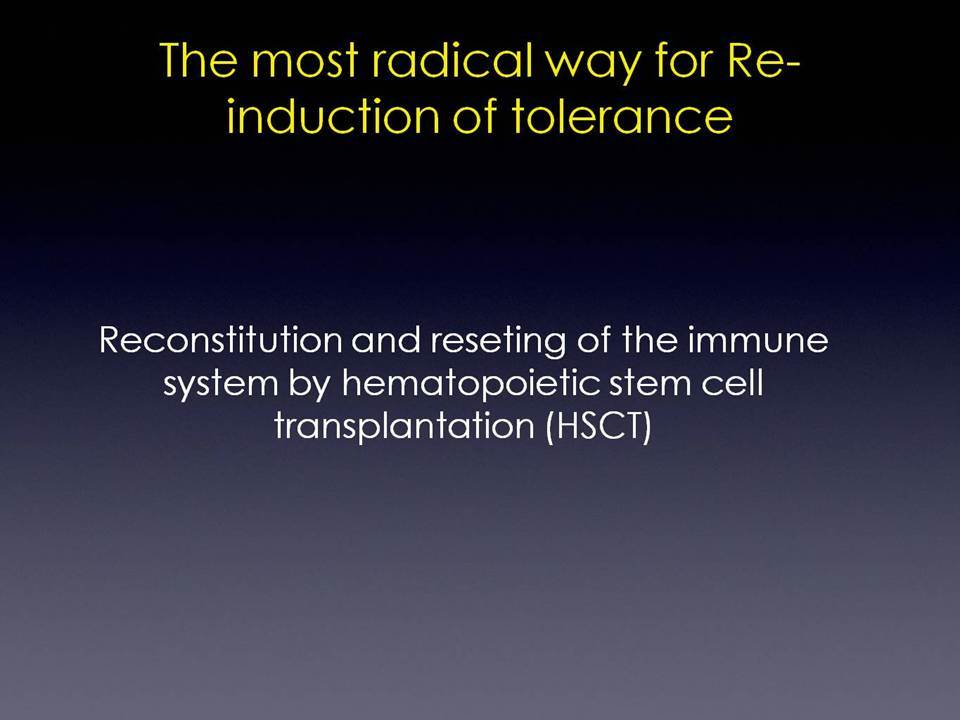
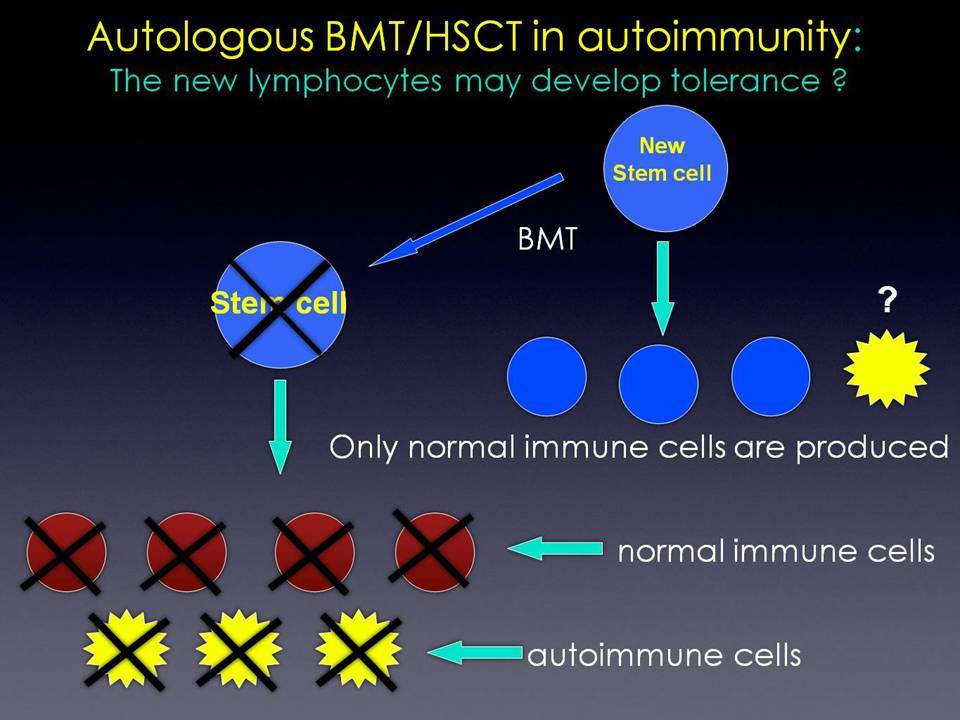
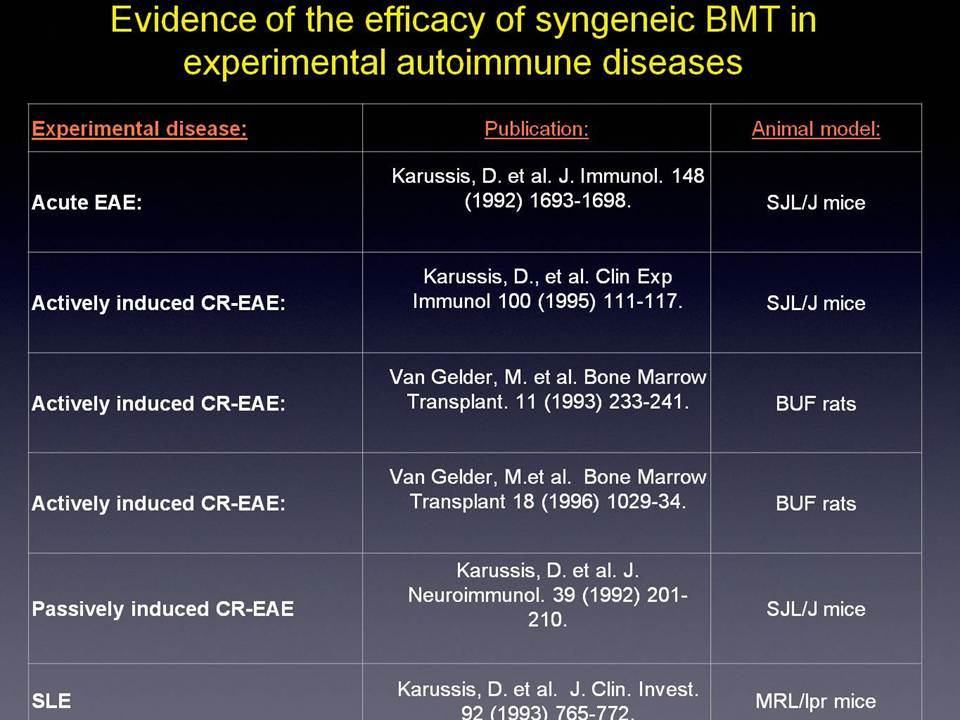
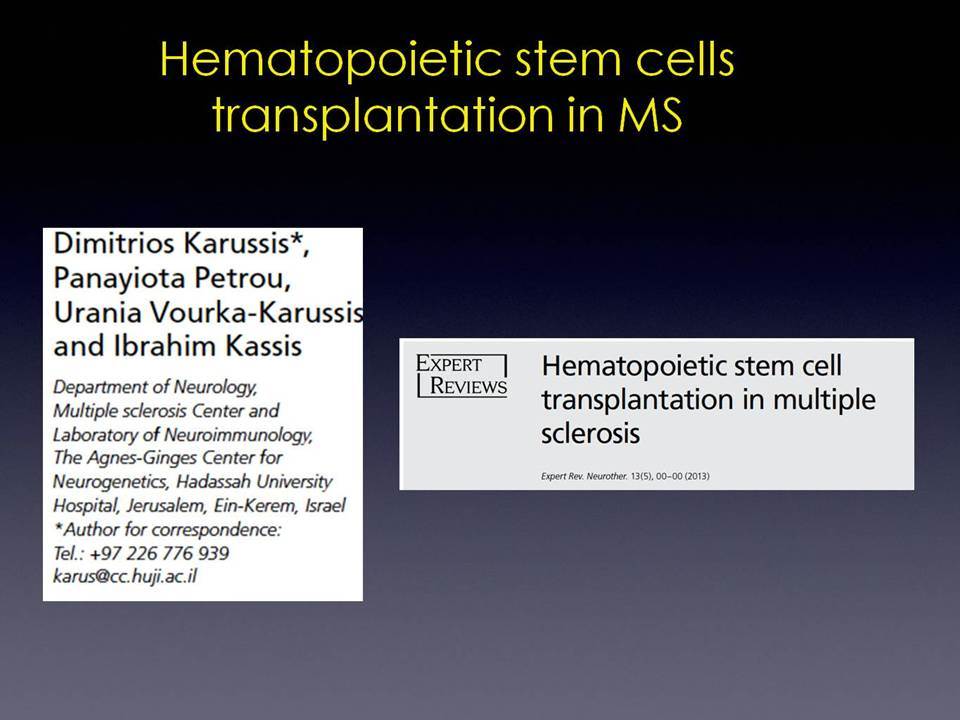
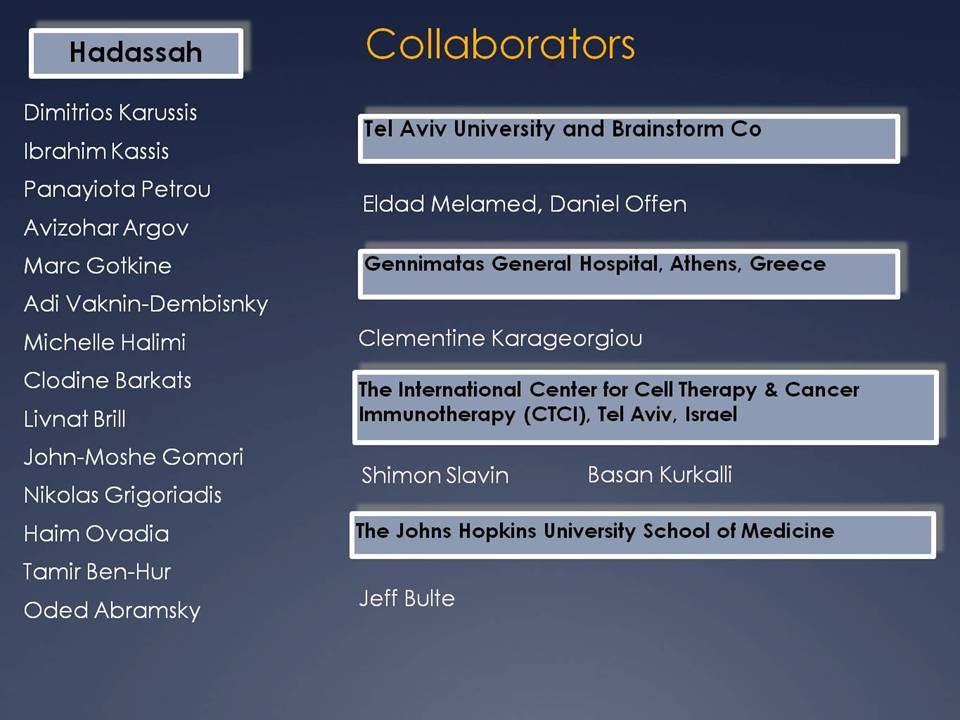
Καρούσης Δημήτριος
Γλώσσα
Ελληνική
Ημερομηνία
18/01/2015
Διάρκεια
36:09
Εκδήλωση
1ο Πανελλήνιο Διεπιστημονικό Συνέδριο για τη Σκλήρυνση Κατά Πλάκας της Παιδικής και Εφηβικής Ηλικίας: ∆ιάλογοι Ελλήνων Νευροεπιστηµόνων για την Παιδική & Εφηβική Πολλαπλή Σκλήρυνση
Χώρος
Royal Olympic Hotel
Διοργάνωση
Γεώργιος Χρούσος
Μαρία Αναγνωστούλη
Ιατρική Σχολή – Εθνικό και Καποδιστριακό Πανεπιστήμιο Αθηνών
Ακαδημία Νευροεπιστημών
Κατηγορία
Νευροεπιστήμες
Ετικέτες
Σκλήρυνση κατά Πλάκας, Πολλαπλή Σκλήρυνση, Multiple Sclerosis, Πολλαπλή Σκλήρυνση παιδικής και εφηβικής ηλικίας
Η Σκλήρυνση κατά Πλάκας ή Πολλαπλή Σκλήρυνση (Multiple Sclerosis, MS) είναι µία νόσος που προσβάλλει άτοµα όλων των ηλικιών αλλά κυρίως νεαρά άτοµα. Μικρό ποσοστό του συνόλου των πασχόντων αφορά άτοµα παιδικής και εφηβικής ηλικίας, σε επίπεδο του 3-5% περίπου, αλλά µε την καταφανώς αυξανόµενη επίπτωση της νόσου, διεθνώς, τα τελευταία χρόνια προβάλλει αδήριτη η ανάγκη επικέντρωσης της προσοχής µας και σε αυτή την κατηγορία ασθενών, η οποία είναι και η πιο ευαίσθητη.
Τόσο οι παιδίατροι και παιδονευρολόγοι που αρχικά αντιµετωπίζουν αυτά τα περιστατικά ασθενών, όσο και οι νευρολόγοι που τελικά αναλαµβάνουν σε µεταγενέστερες ηλικίες τη διαχείριση και την περαιτέρω θεραπευτική αντιµετώπισή τους, εκδηλώνουν συχνά την ανάγκη ανταλλαγής απόψεων, στην πλειάδα των ερωτημάτων που προκύπτουν από τις ιδιαιτερότητες, τόσο από το ευαίσθητο της ηλικίας, όσο και από τη µεταβατικότητα της εφηβείας και των συνεπακόλουθων ορµονικών αλλαγών.
Αλλά και άλλοι ιατροί άλλων ειδικοτήτων έρχονται αντιµέτωποι µε το φάσµα των εκδηλώσεων της νόσου, όπως οι οφθαλµίατροι, οι ψυχίατροι, οι νευροαπεικονιστές, αλλά και οι ρευµατολόγοι. Οι τελευταίοι καλούνται συχνά να καταθέσουν την άποψή τους για τη σωστή διαφοροδιάγνωση των περιστατικών αυτών. Φυσικά οι ερευνητές και νοσοκοµειακοί όλων των πεδίων, βιολόγοι, ψυχολόγοι, νοσηλευτές, έχουν επίσης να προσφέρουν στη βελτίωση της ποιότητας ζωής των παιδιών αυτών.
Με σκοπό την προσέγγιση και τη διεπιστηµονική συνεργασία των συναφών ειδικοτήτων για την επικέντρωση του ενδιαφέροντος και τη βελτιστοποίηση της θεραπευτικής αντιµετώπισης της Πολλαπλής Σκλήρυνσης στα παιδιά, διοργανώθηκε το "1ο Πανελλήνιο Διεπιτημονικό Συνέδριο για τη Σκλήρυνση Κατά Πλάκας της Παιδικής και Εφηβικής Ηλικίας" που έγινε στην Αθήνα από τις 16 ως τις 18 Ιανουαρίου 2015, μια σειρά από τις κύριες ομιλίες του οποίου δημοσιεύει το Blod.
Στο Πρόγραμμα του Συνεδρίου αυτού ανήκει και η ομιλία του Δημητρίου Καρούση, Καθηγητή Νευρολογίας στο Hebrew University του Ισραήλ., το περιεχόμενο της οποίας συνοψίζεται από τον ομιλητή στο έντυπο πρόγραμμα της διοργάνωσης, ως εξής:
“ Although MS occurs most commonly in adults, it is also diagnosed in children and adolescents. Studies suggest that 2-5% of all people with MS have a history of symptom onset before age 18. Diagnosing MS in children is more challenging than in adults due to the frequency of other childhood disorders with similar symptoms and characteristics such as neurological complications of systemic connective tissue diseases and vasculitis and monophasic diseases like ADEM.
Almost all children with MS experience a relapsing-remitting course of the disease. Although most symptoms of paediatric MS are similar to those seen in adults, there are often symptoms that are not typical in adults, such as seizures and mental status changes. Children often experience more frequent relapses than adults with early MS. Studies have shown that the approved injectable disease-modify- ing therapies developed for adults are also safe and well tolerated in children. However, at present, these medications are used “off-label” in children.
The theoretical alternative to overcome the limited capacity of the CNS for regeneration (both in adults an children), would be to use stem cells for more effective management of chronic degenera- tive and inflammatory neurological conditions. Stem cell transplantation is based on the assumption that such cells may have the potential to regenerate or support the survival of the existing -partially damaged cells.
Although the adult brain contains small numbers of stem cells in restricted areas, this intrinsic stem cell repertoire is small and does not measurably contribute to functional recovery. Embryonic cells carrying pluripotent and self-renewal properties represent the stem cell prototype, but there are ad- ditional somatic stem cells that may be harvested and expanded from various tissues during adult life. Mesenchymal stromal cells (MSC) are part of the bone marrow stem cells repertoire which also in- cludes the main stem cells population of the bone marrow, the hematopoietic stem cells. The main role of MSCs is to support hematopoiesis but they can also give rise to cells of the mesodermal lay- ers.
During the last decade, MSCs were also shown to possess strong immunomodulatory effects and ad- ditional stem cells features, such as the self-renewal potential and multipotency. Their debatable transdifferentiation potential to cells of the endo- and exo-dermal layer, including cells of the CNS, may explain in part their reported neuroprotective effects. Studies in vitro and in vivo (in cells cul- tures and in animal models) have indicated neuroprotective effects. MSCs are believed to promote functional recovery following CNS injury or inflammation, by producing trophic factors that may fa- cilitate the mobilization of endogenous neural stem cells and promote the regeneration or the survival of the affected neurons. These immunomodulatory and neuroprotective features could make MSCs potential candidates for future therapeutic modalities in immune-mediated and neurode- generative diseases.
The findings of our pilot trials at Hadassah Medical Centre suggest that intrathecal and intravenous injection of MSC in patients with MS and ALS, is a clinically feasible and relatively safe procedure. MSC treatment resulted in immediate immunomodulatory effects and have indicated some clinical benefits induced by the transplantation. An additional, phase I/II trial from UK, with intravenous ad- ministration of MSCs in MS showed indications of neuroregeneration in the visual tracts. Further con- trolled studies and longer observation periods are needed to evaluate the long term safety and the potential clinical efficacy of MSC treatment. Severe cases of paediatricc MS could represent an addi- tional target group for such stem cell therapies, since at this early age, the lack of permanent and chronic neurodegeneration and the higher quality of the autologous adult stem cells from children afflicted with MS and similar diseases, may increase the chance of long lasting beneficial effects of such cell therapies”.
Ο Δημήτριος Καρούσης είναι Καθηγητής Νευρολογίας στο Hebrew University του Ισραήλ. Σπούδασε στην Ιατρική Σχολή του Αριστοτελείου Πανεπιστημίου Θεσσαλονίκης (1980-1986) και εκπόνησε την διδακτορική του διατριβή στην Ιατρική Σχολή του Hadassah University της Ιερουσαλήμ (1990-1994), όπου ειδικεύτηκε στη Νευρολογία και σταδιοδρόμησε ως Senior Neurologist (1995-2002) και Permanent Senior Physician (2002 - σήμερα). Από το 2007 κατέχει τη θέση του Προέδρου του Κέντρου για την Πολλαπλή Σκλήρυνση (MS) της Ιατρικής Σχολή του ίδιου Πανεπιστημίου.
Είναι μέλος πολλών διεθνών επιστημονικών εταιρειών και συντακτικών επιτροπών σε επιστημονικά περιοδικά και έχει τιμηθεί με σημαντικές διακρίσεις για το επιστημονικό του έργο.


